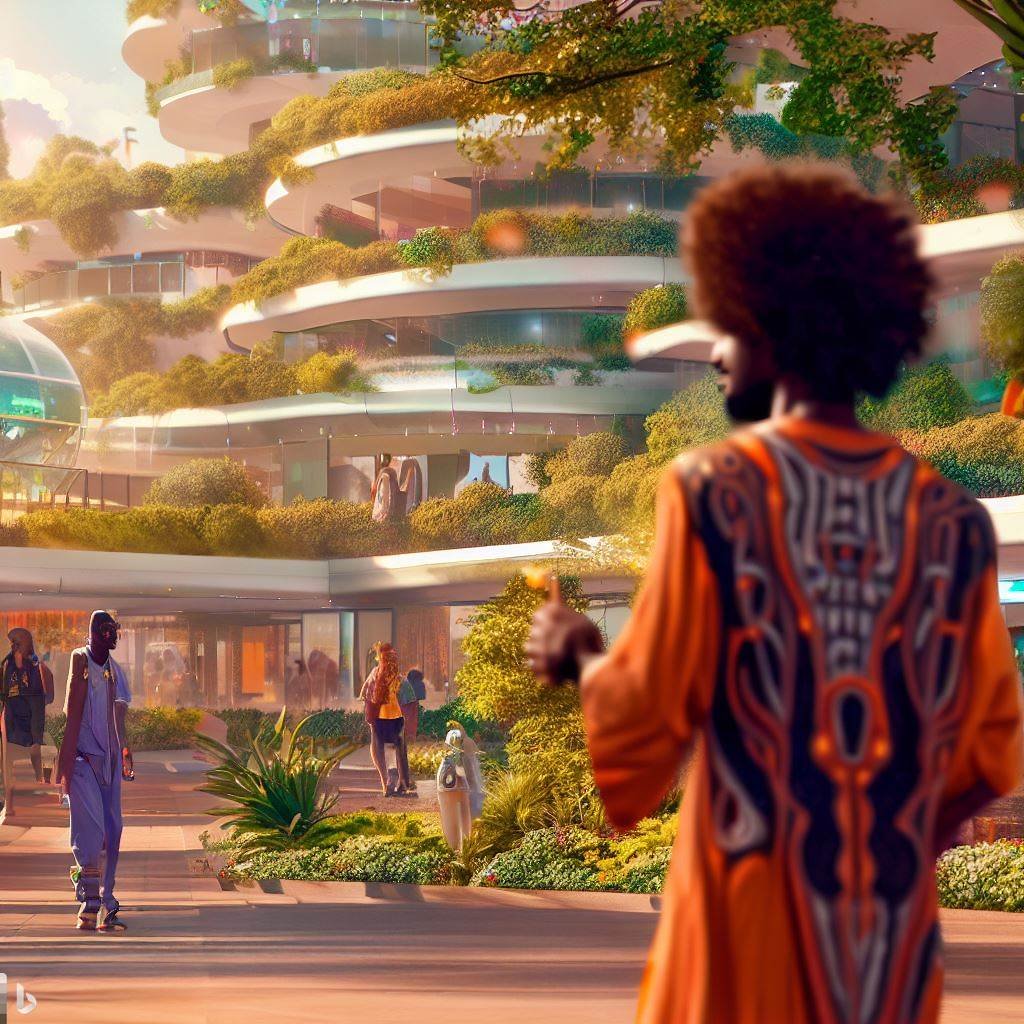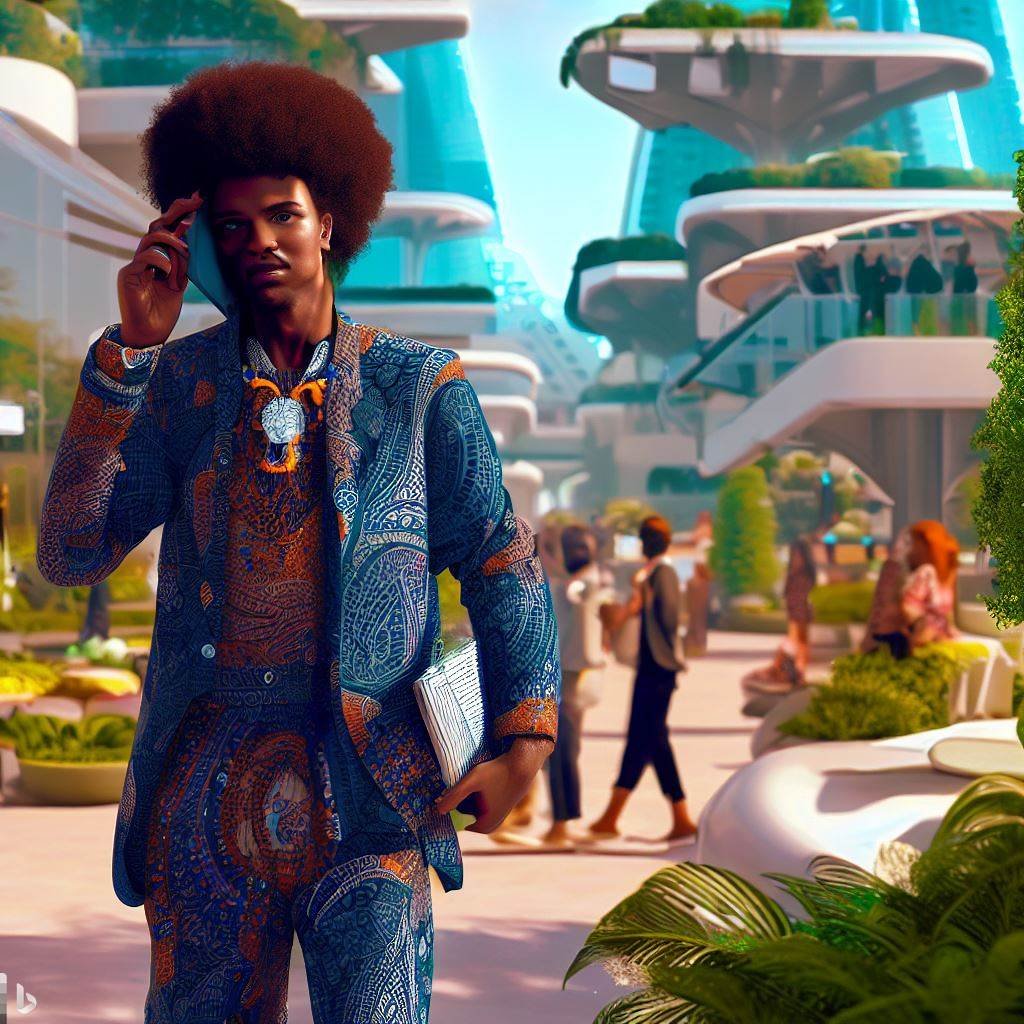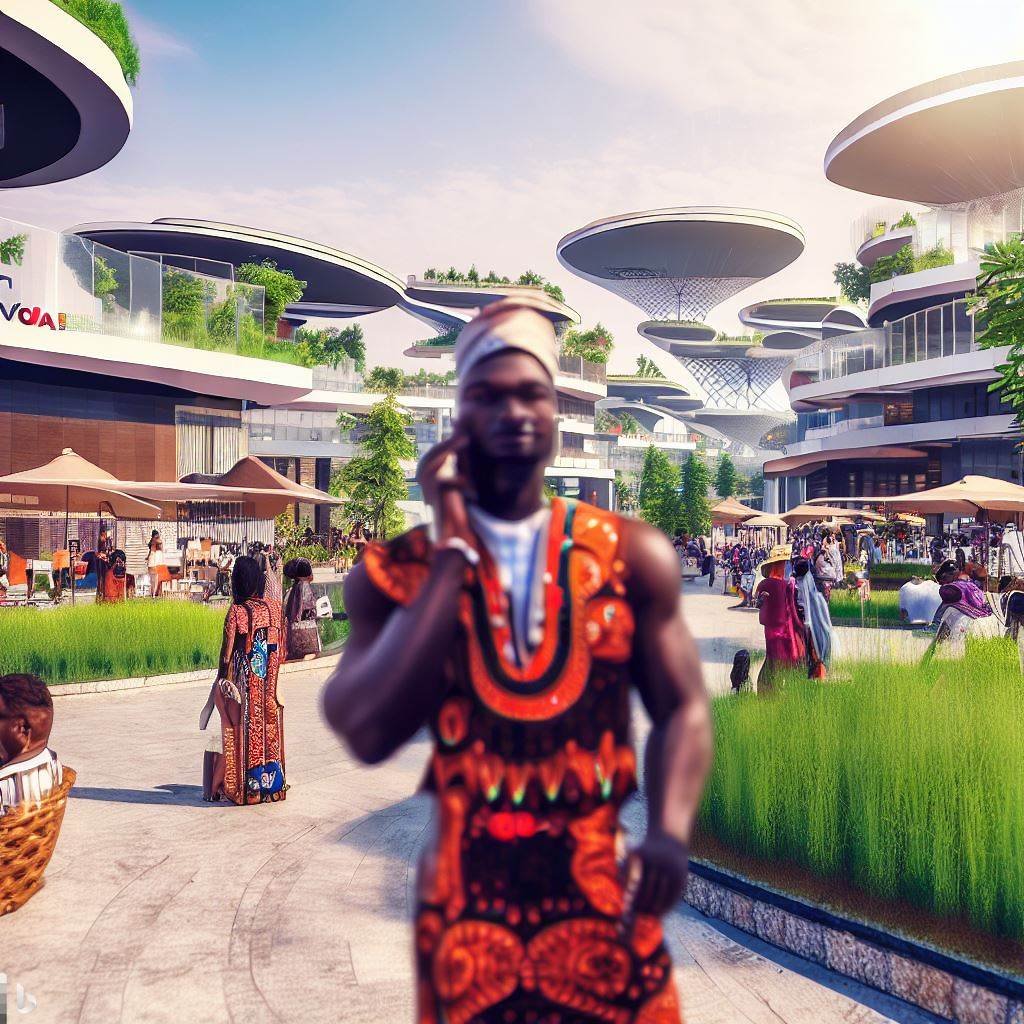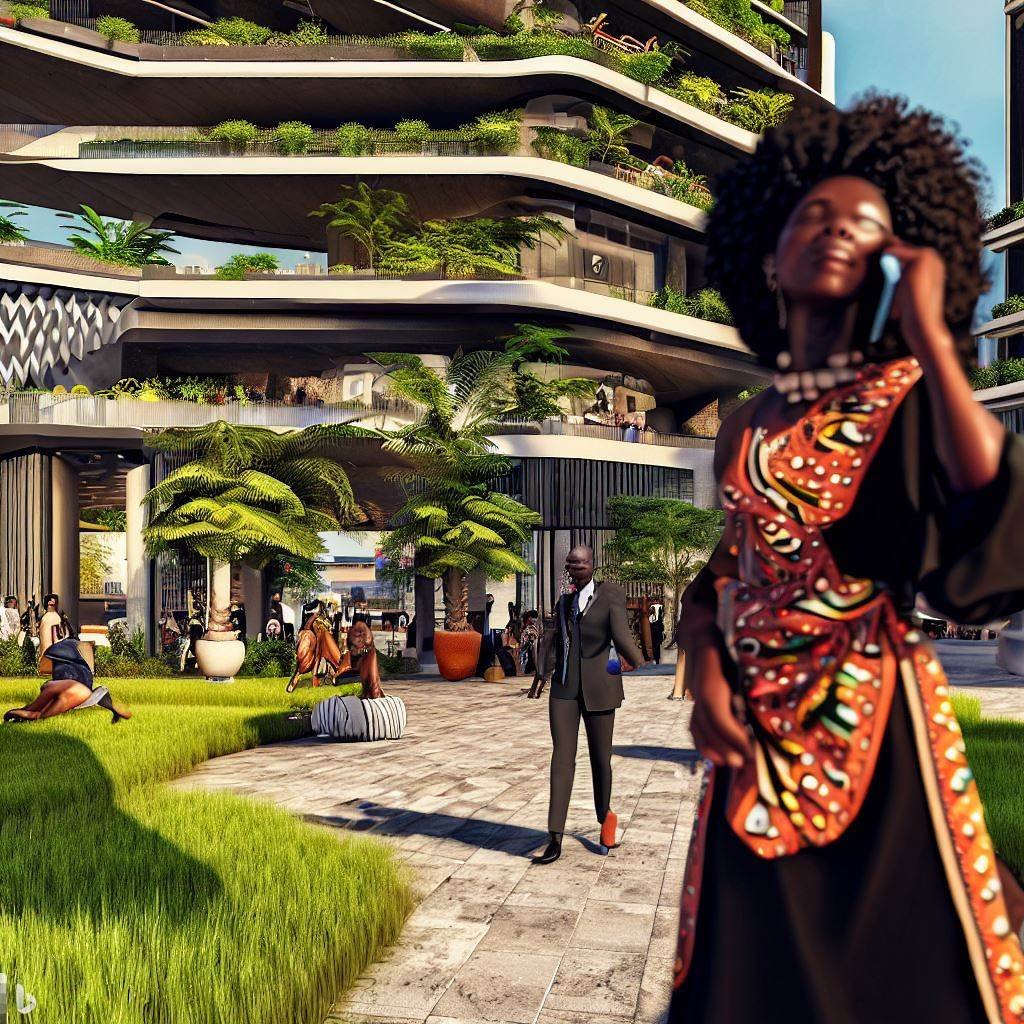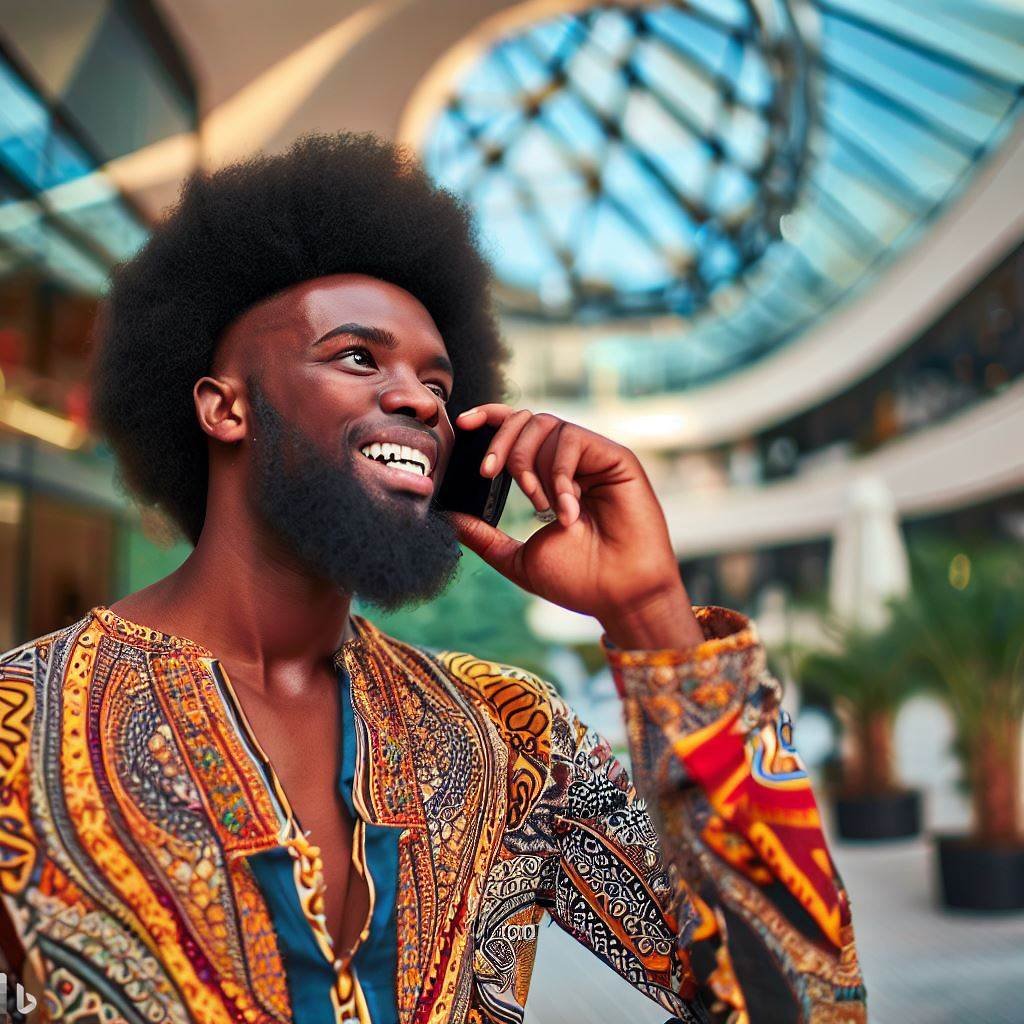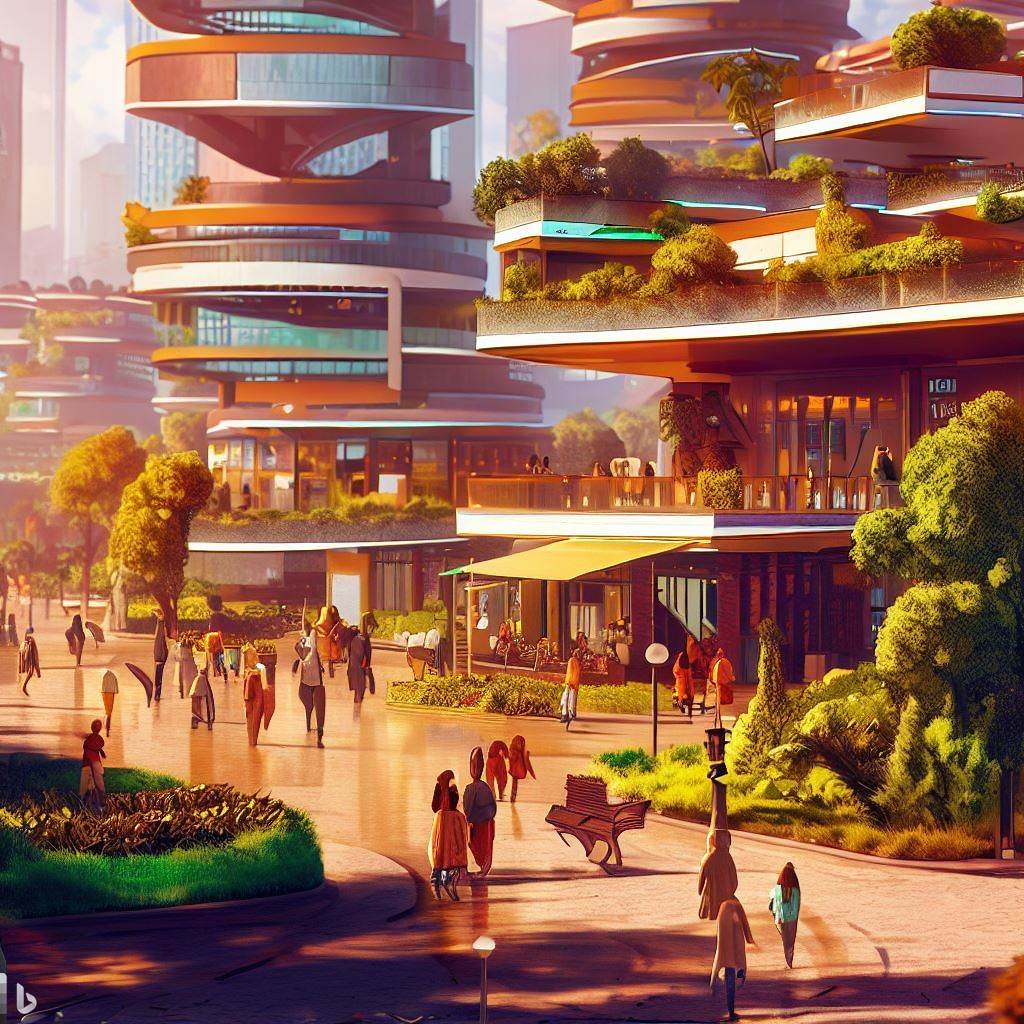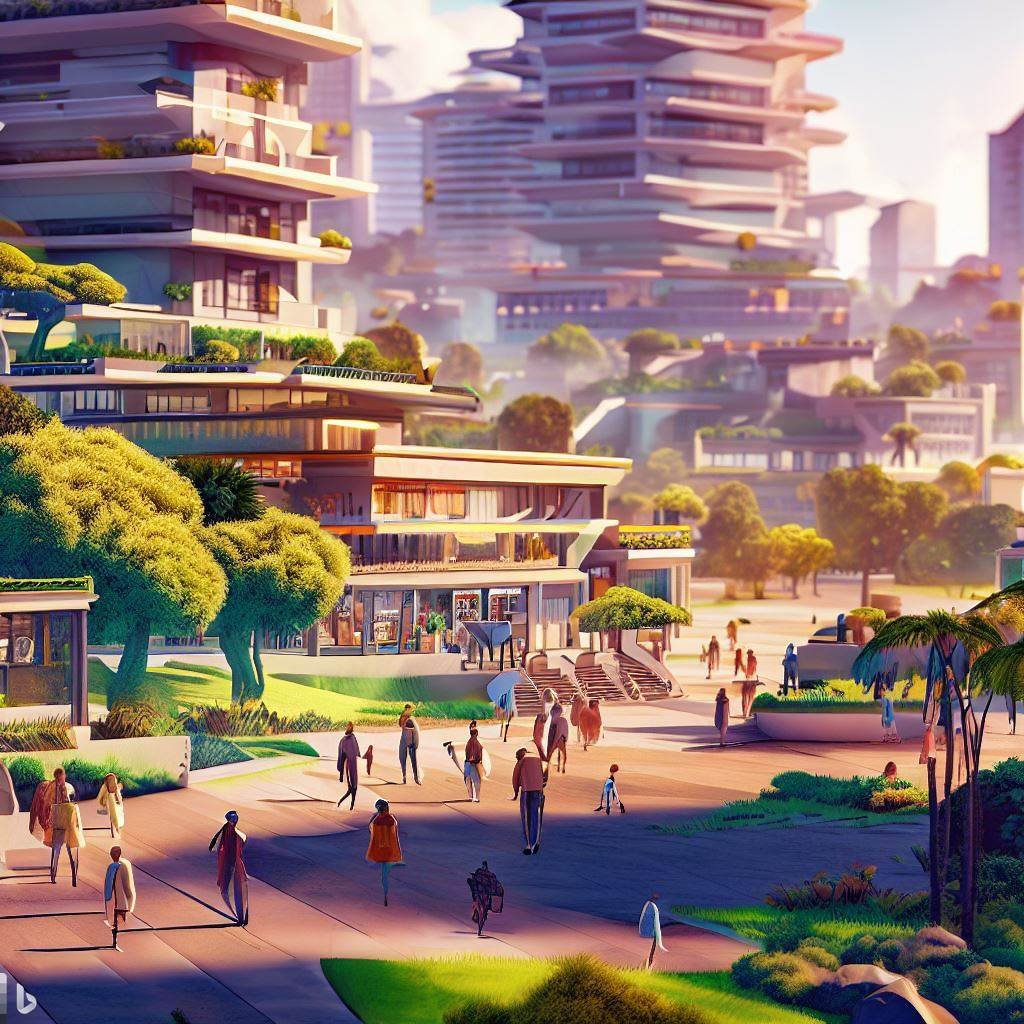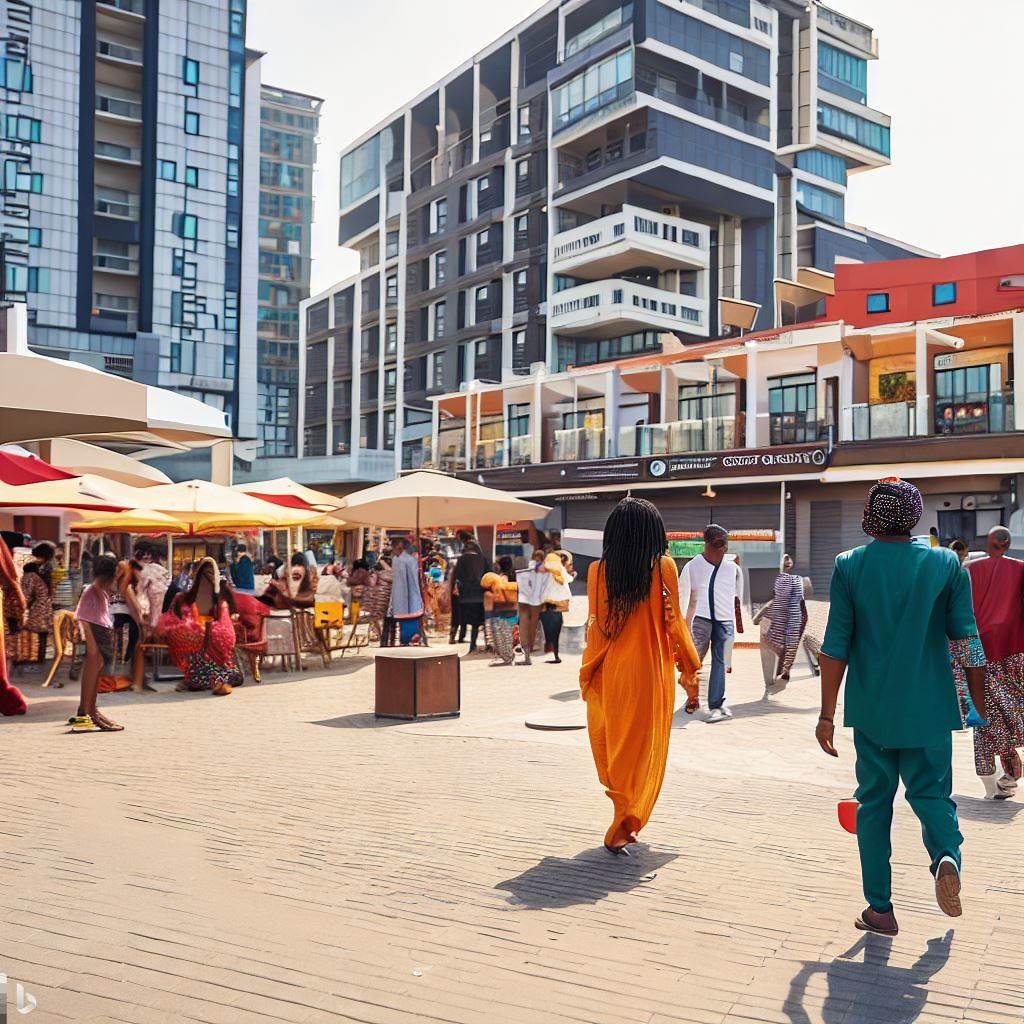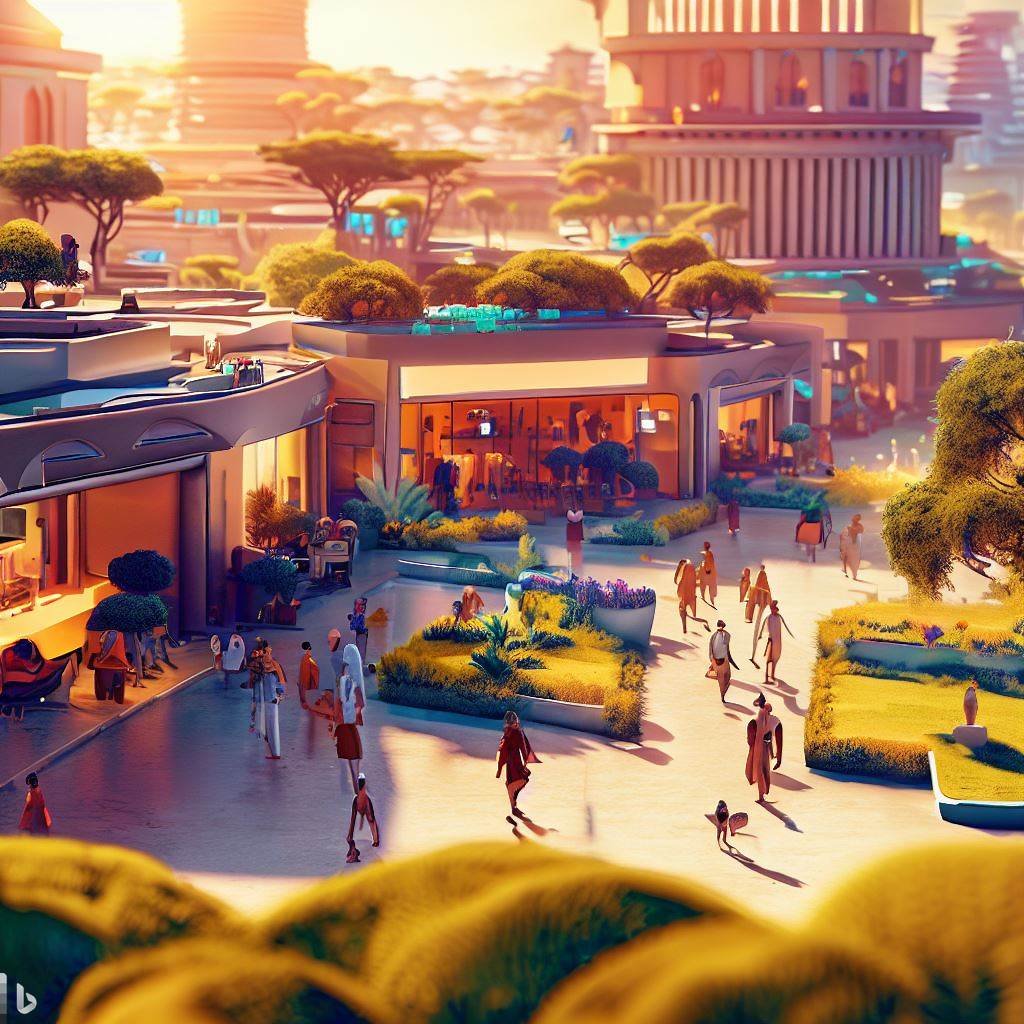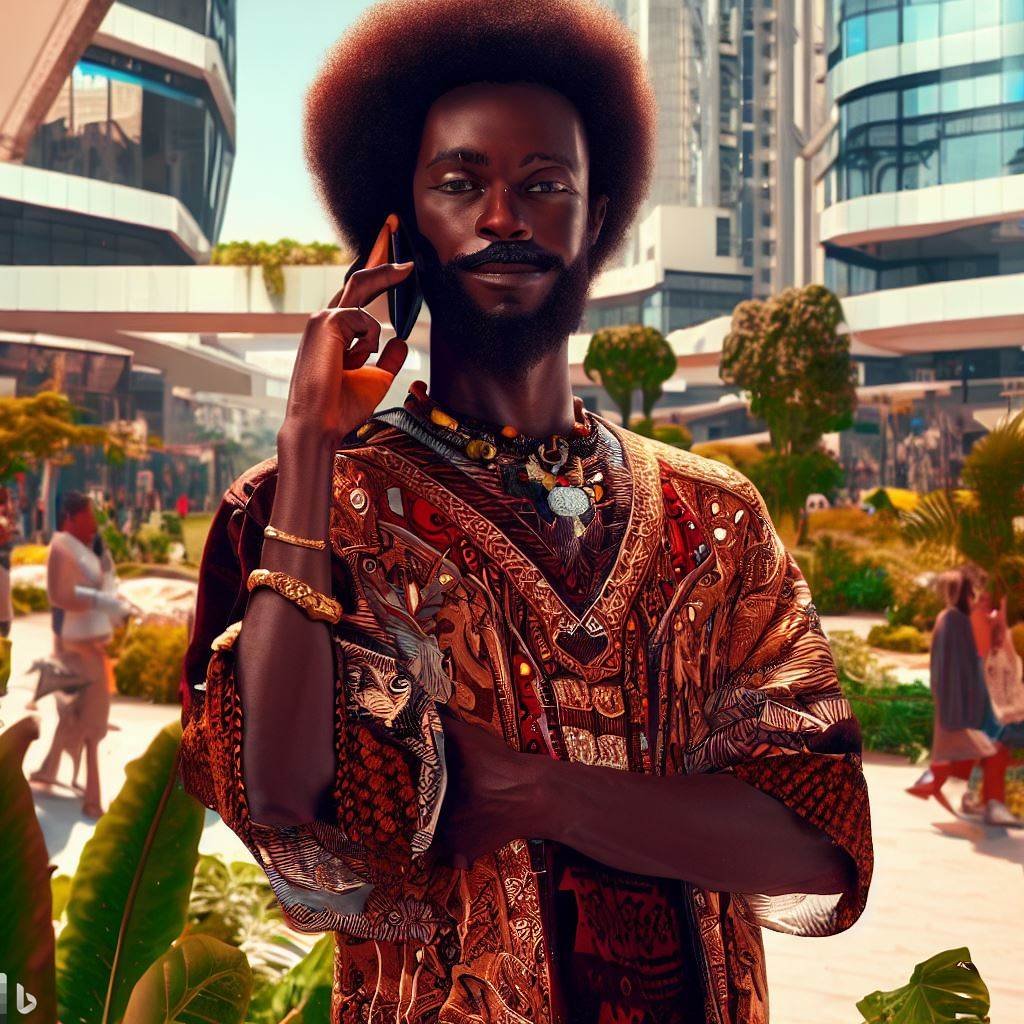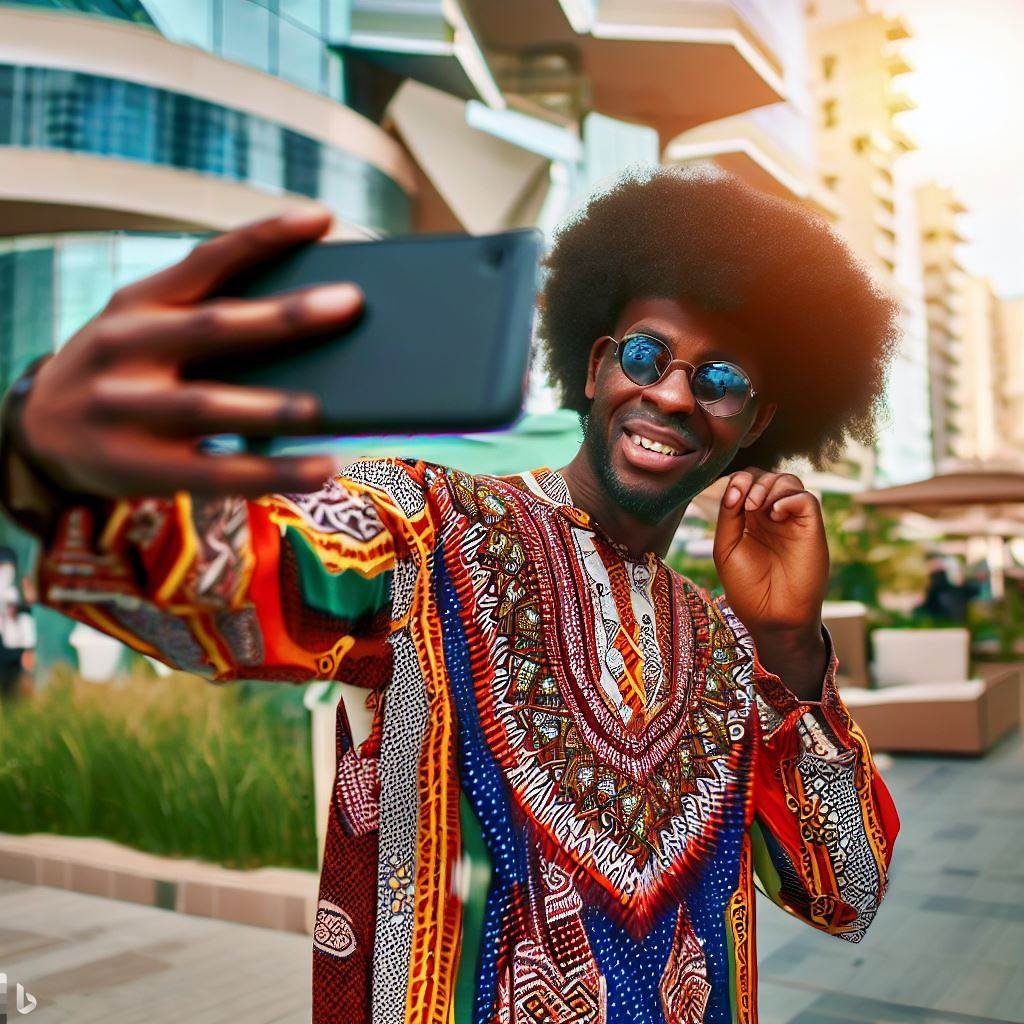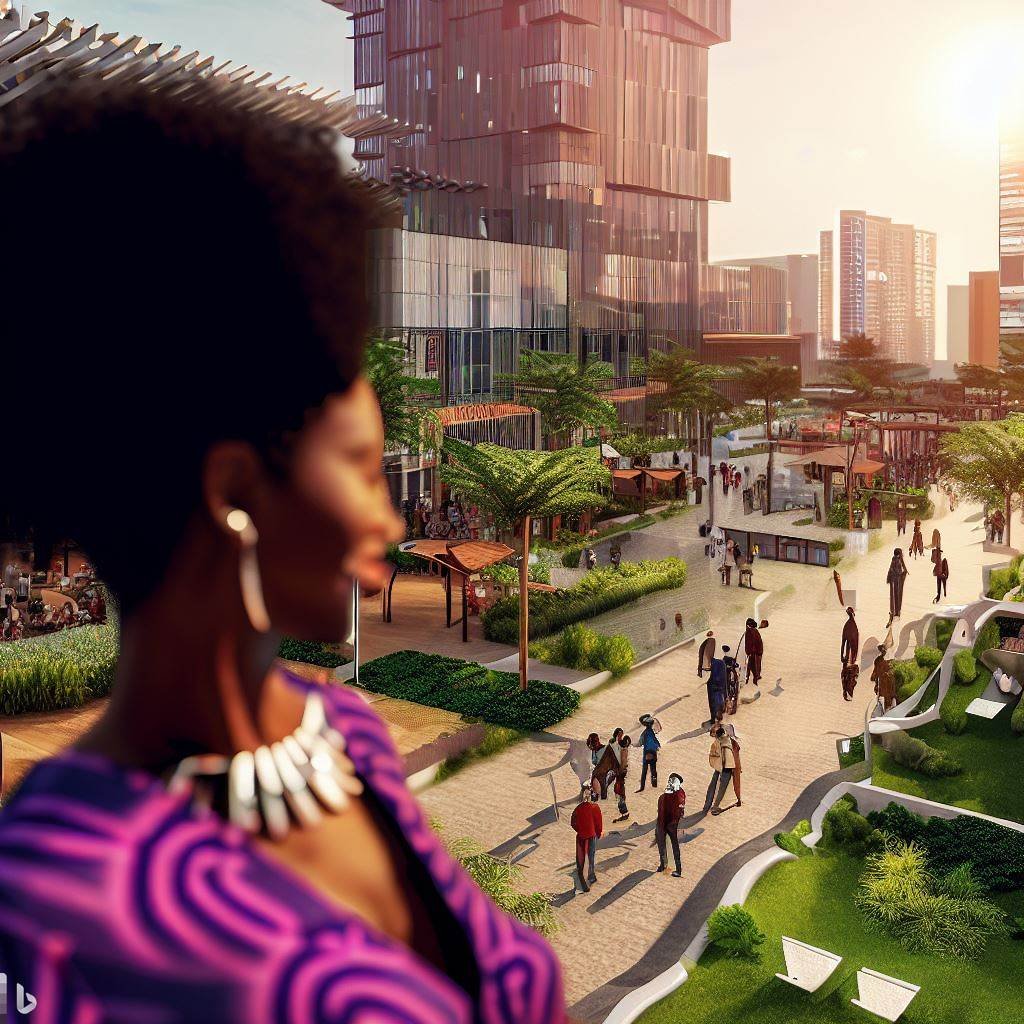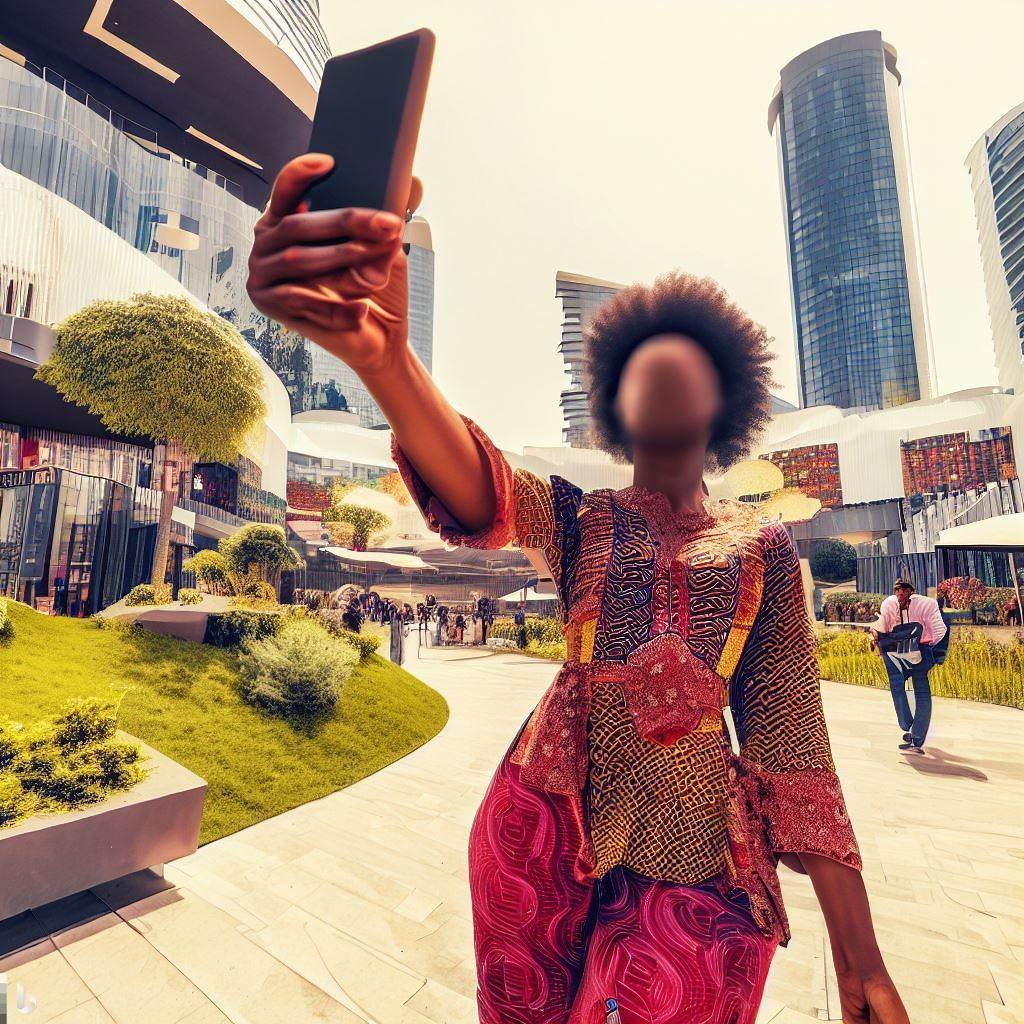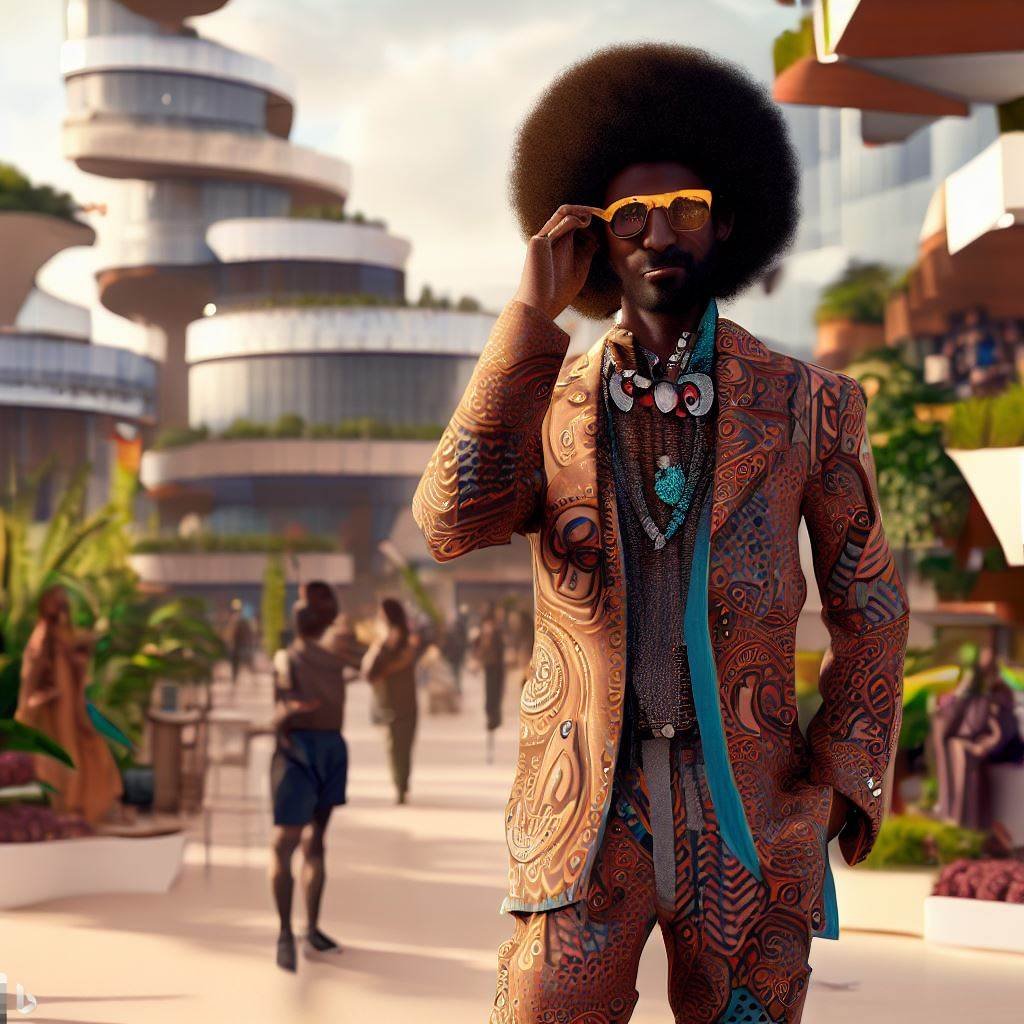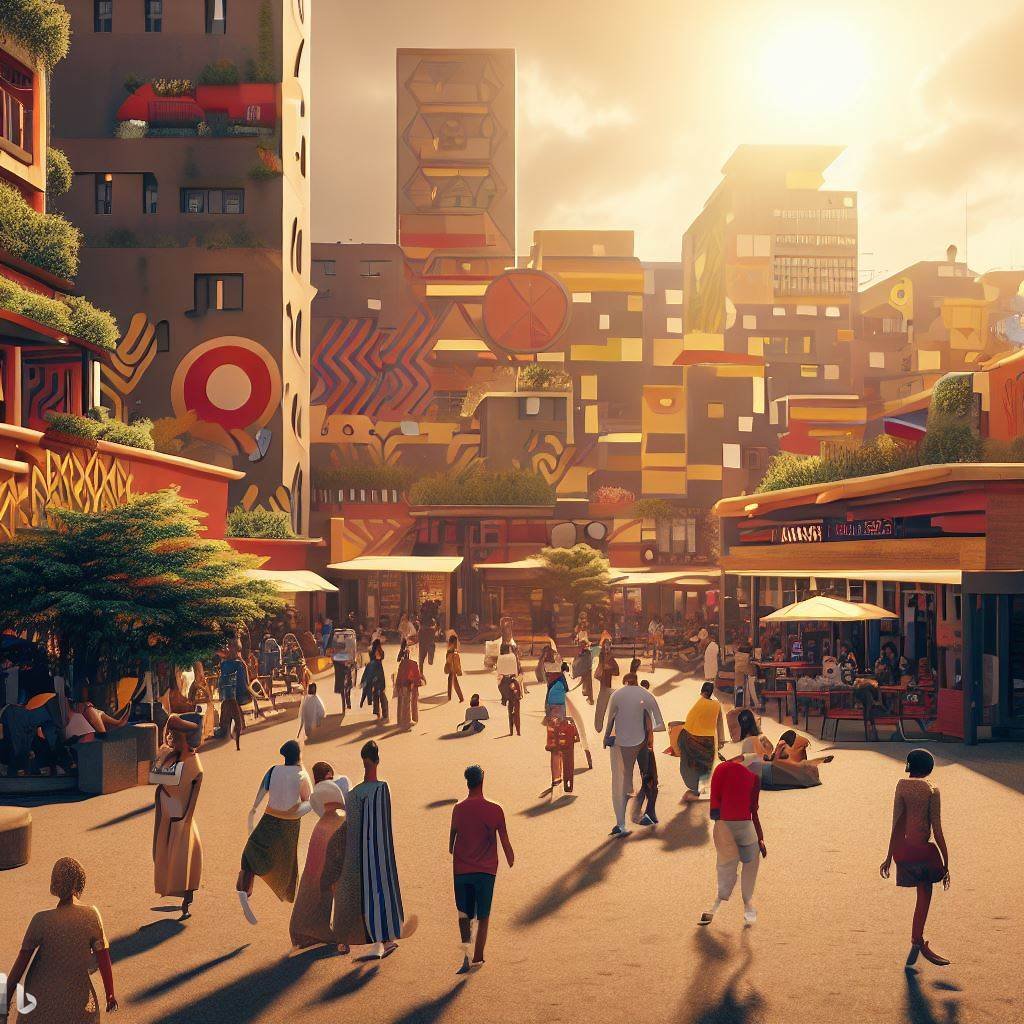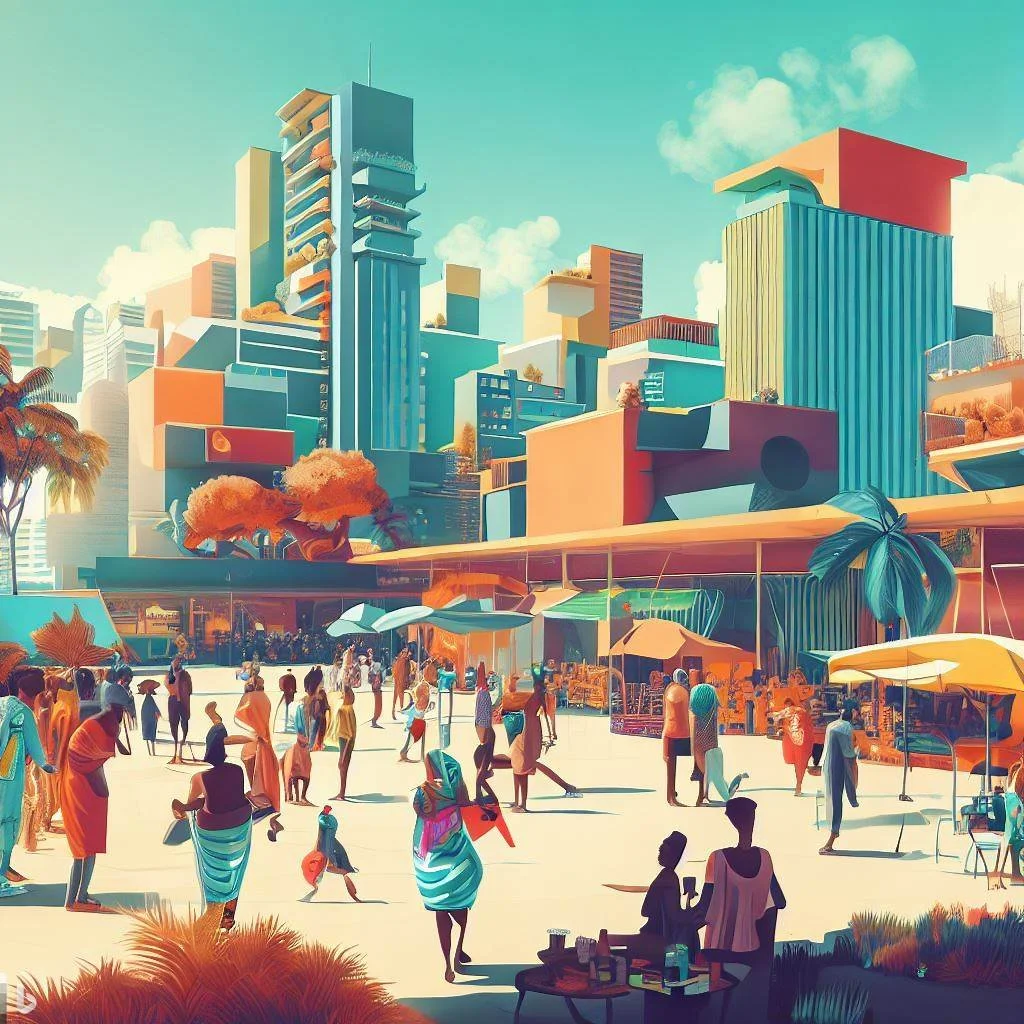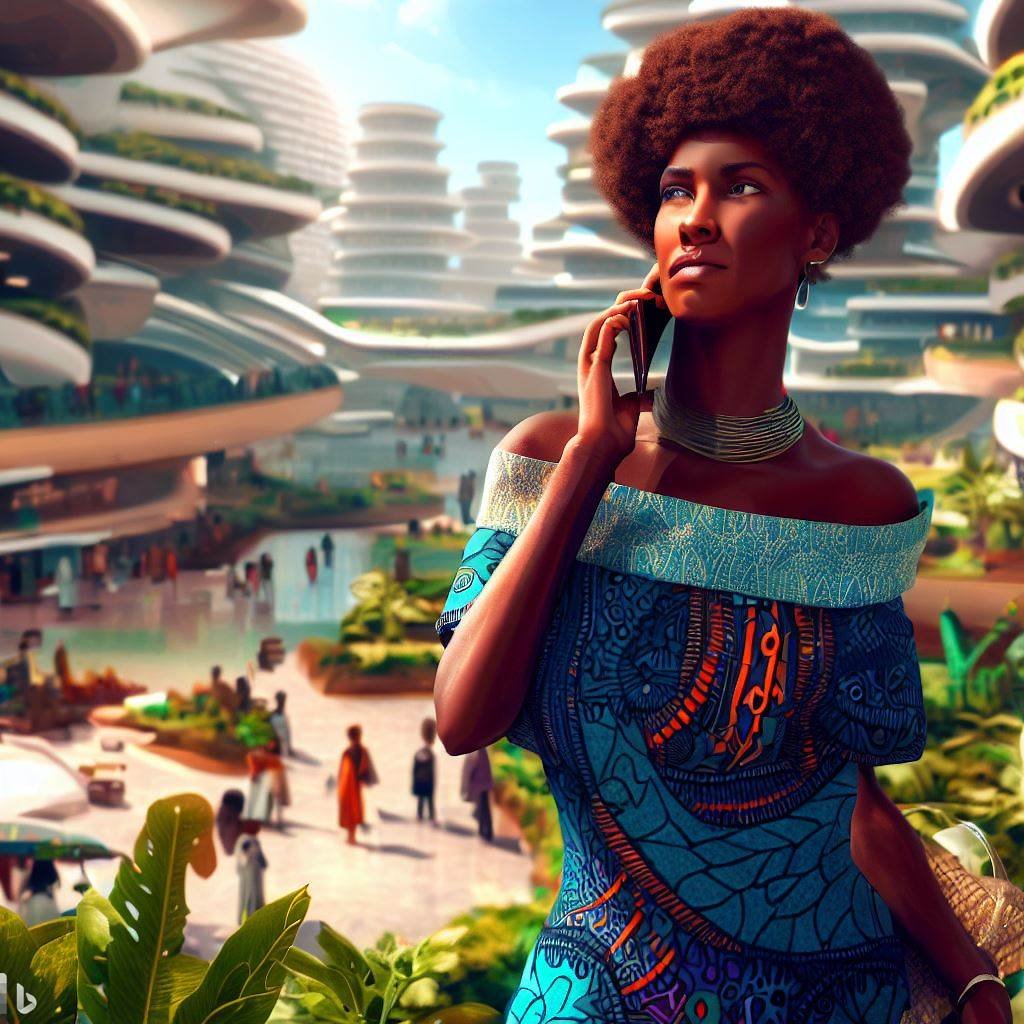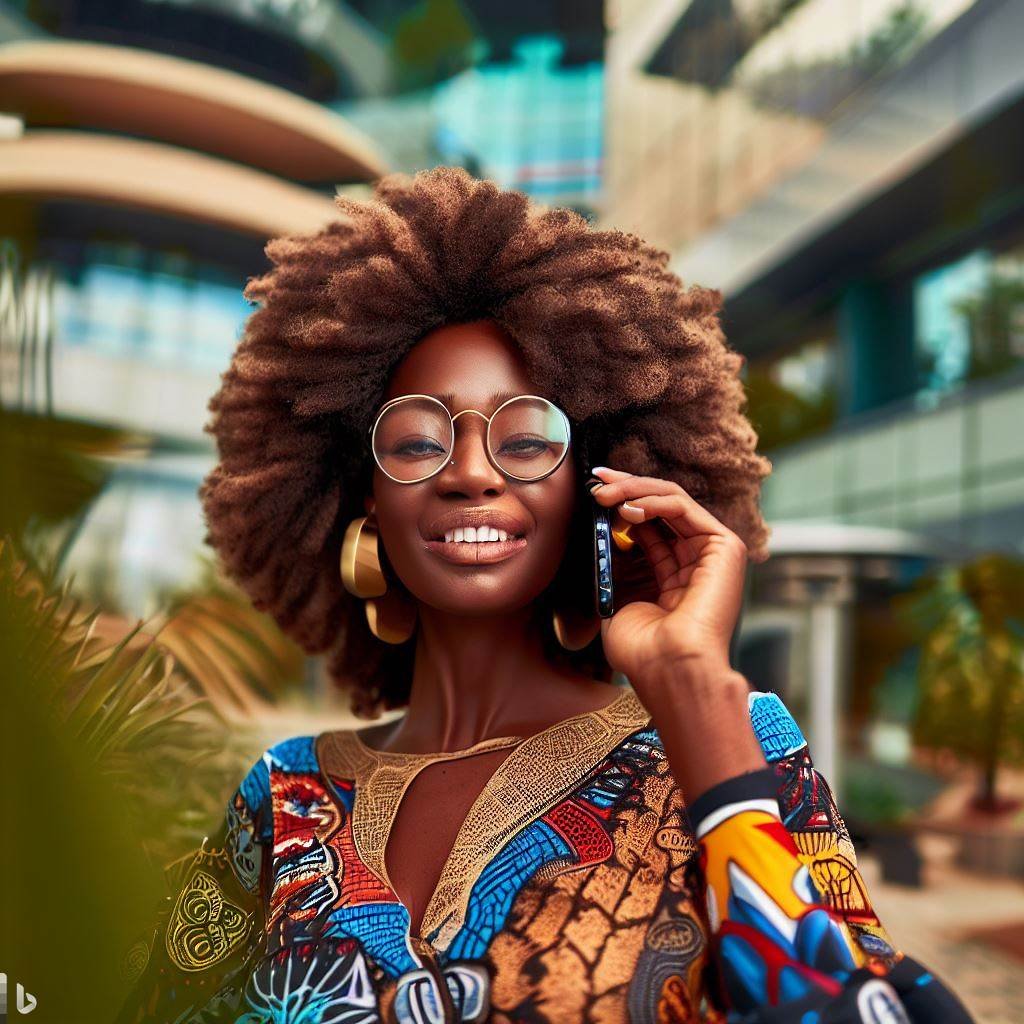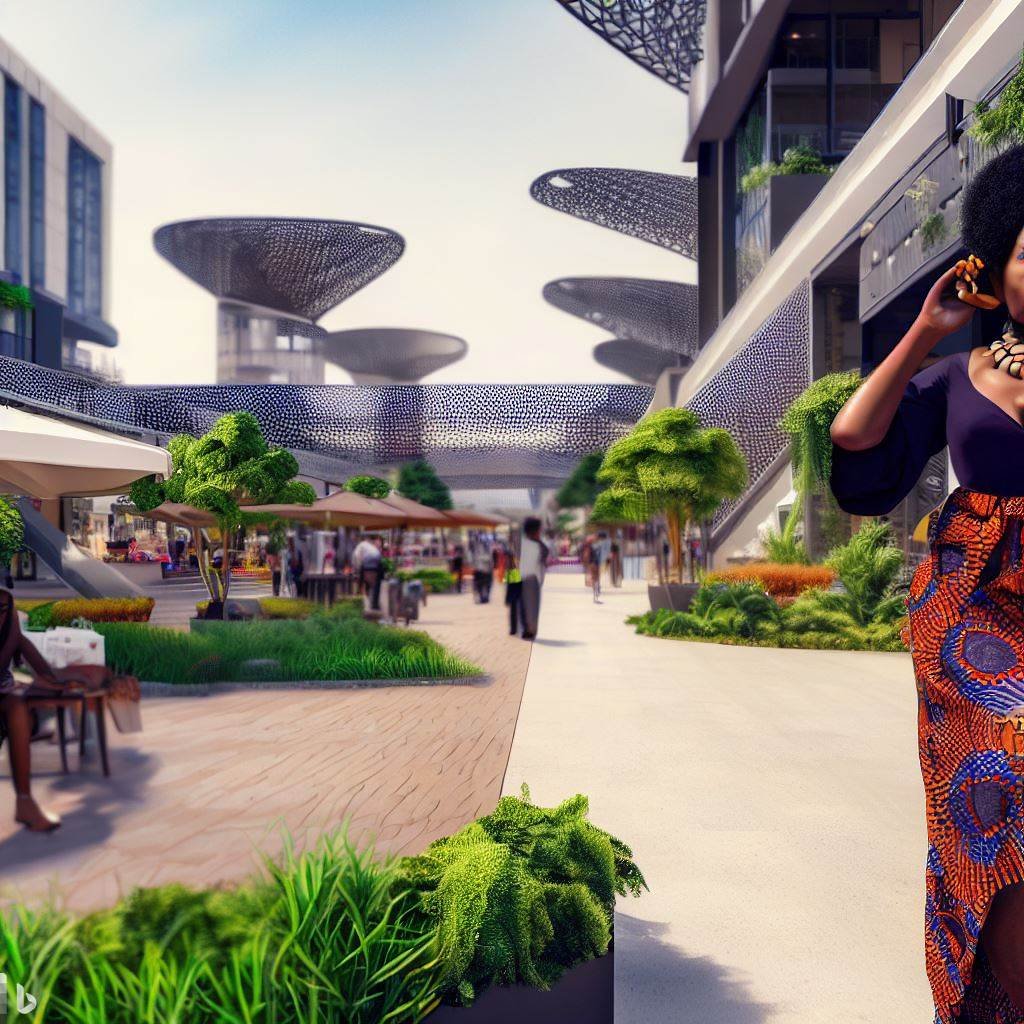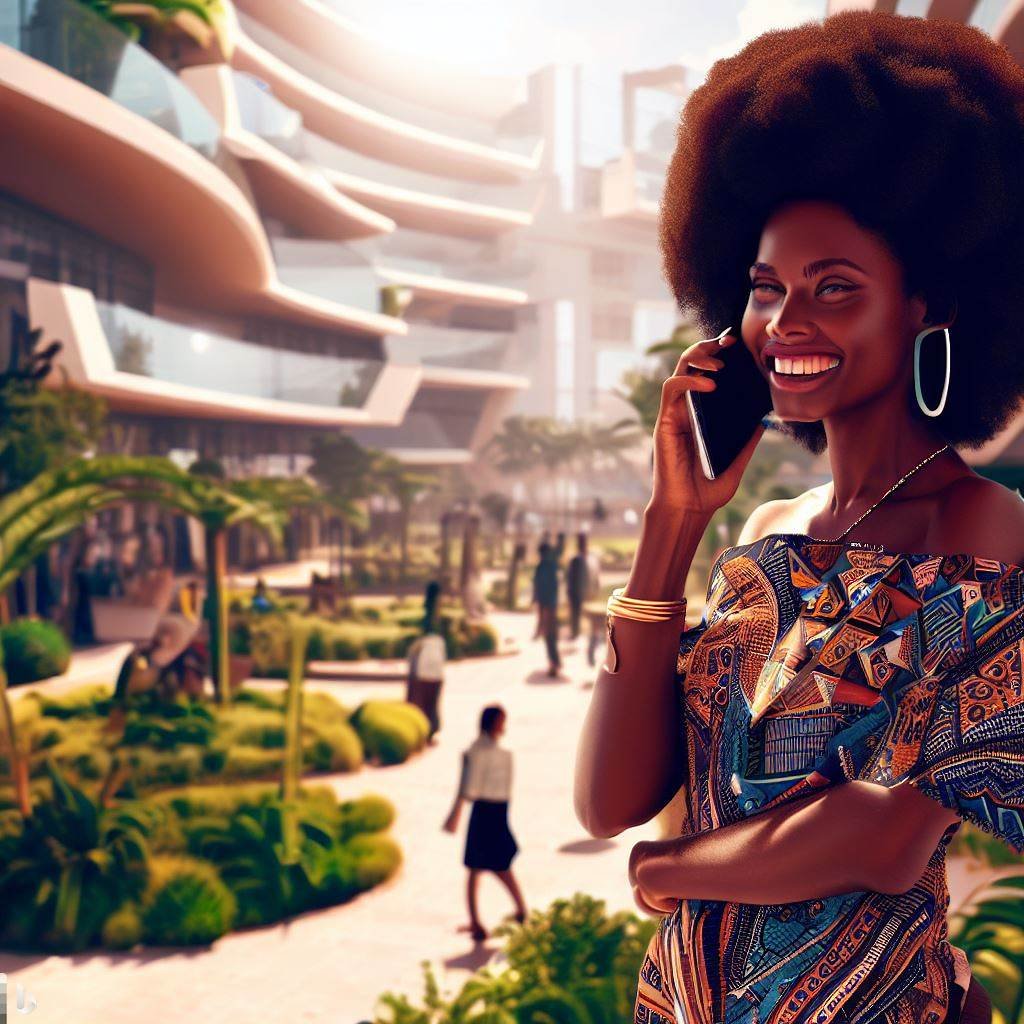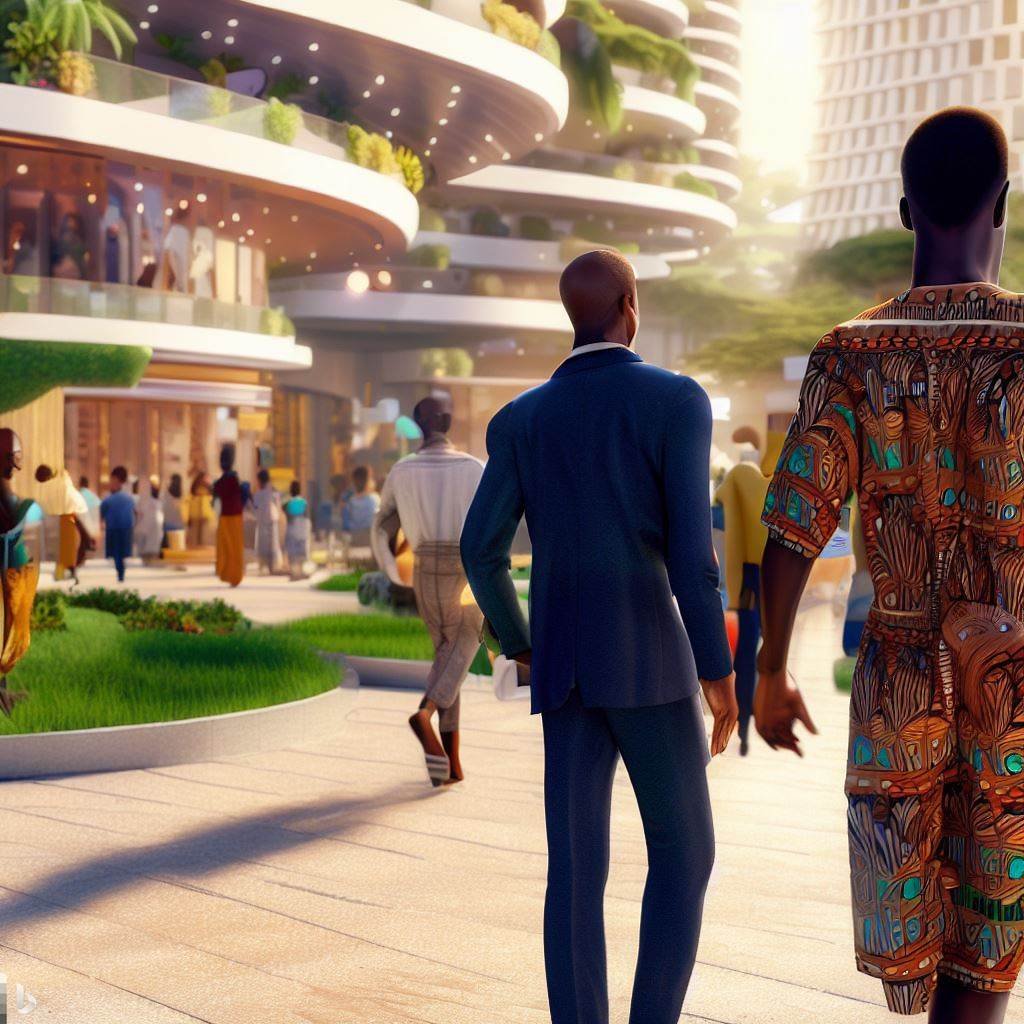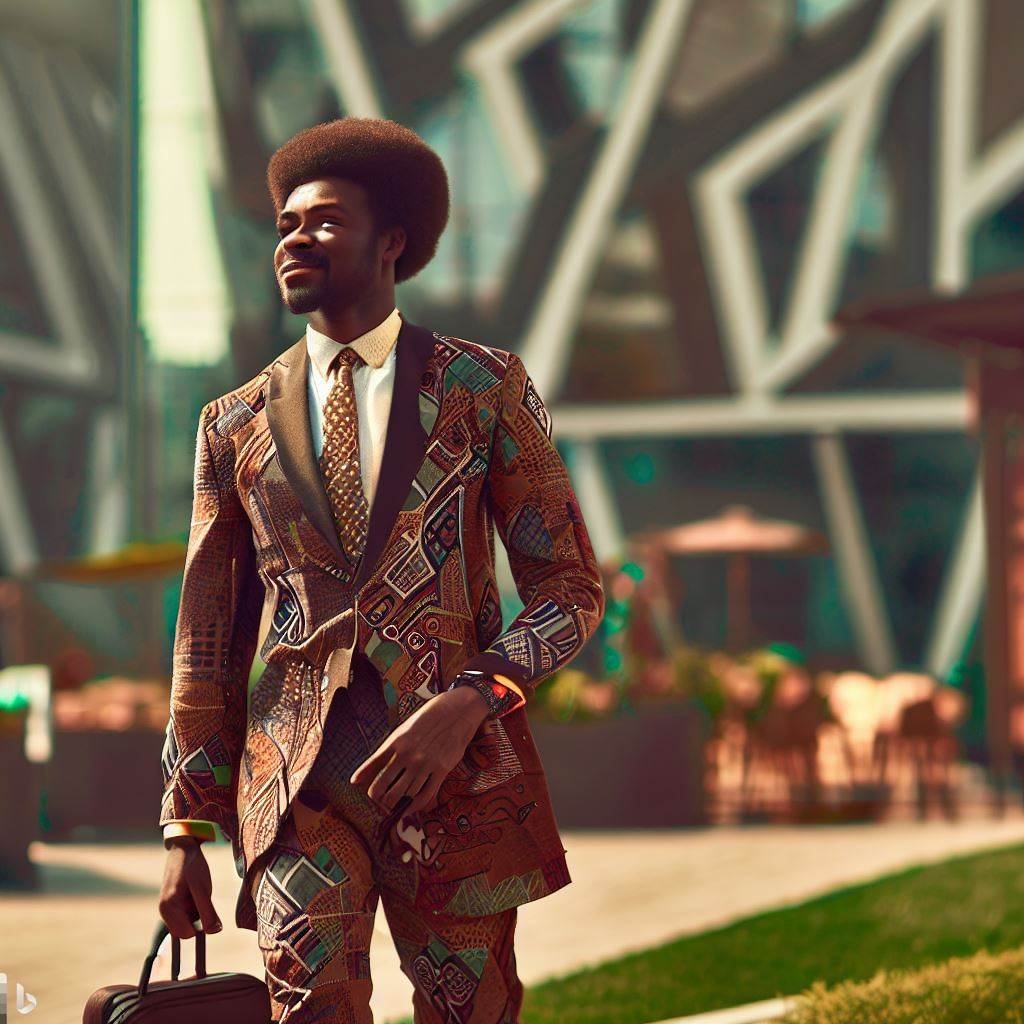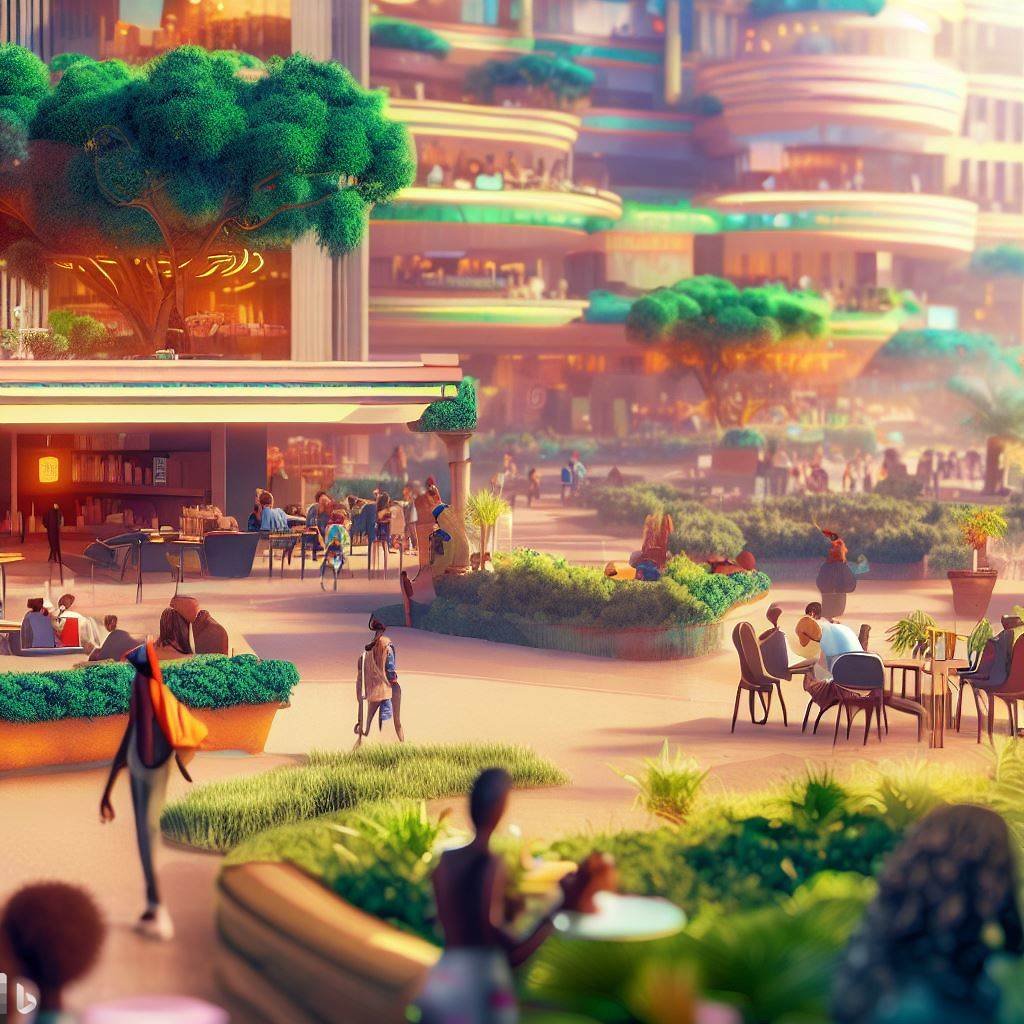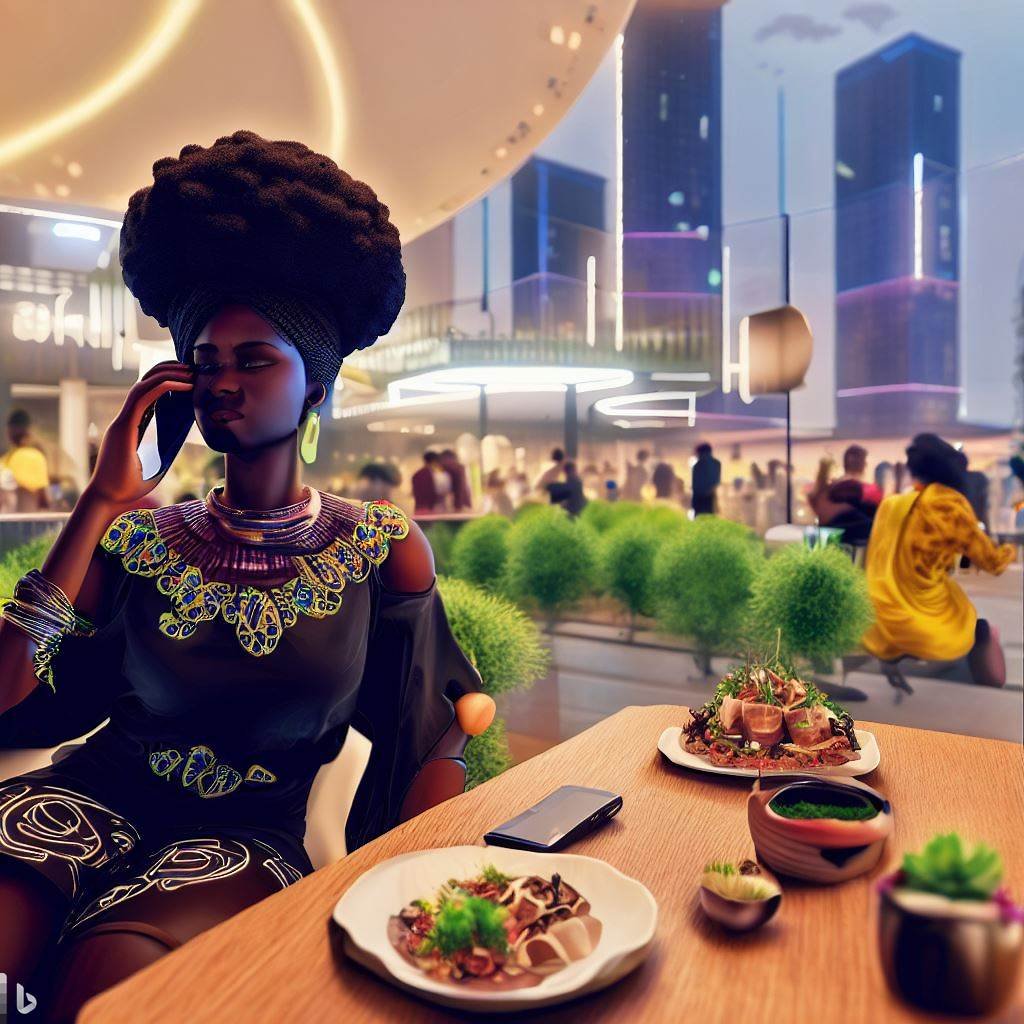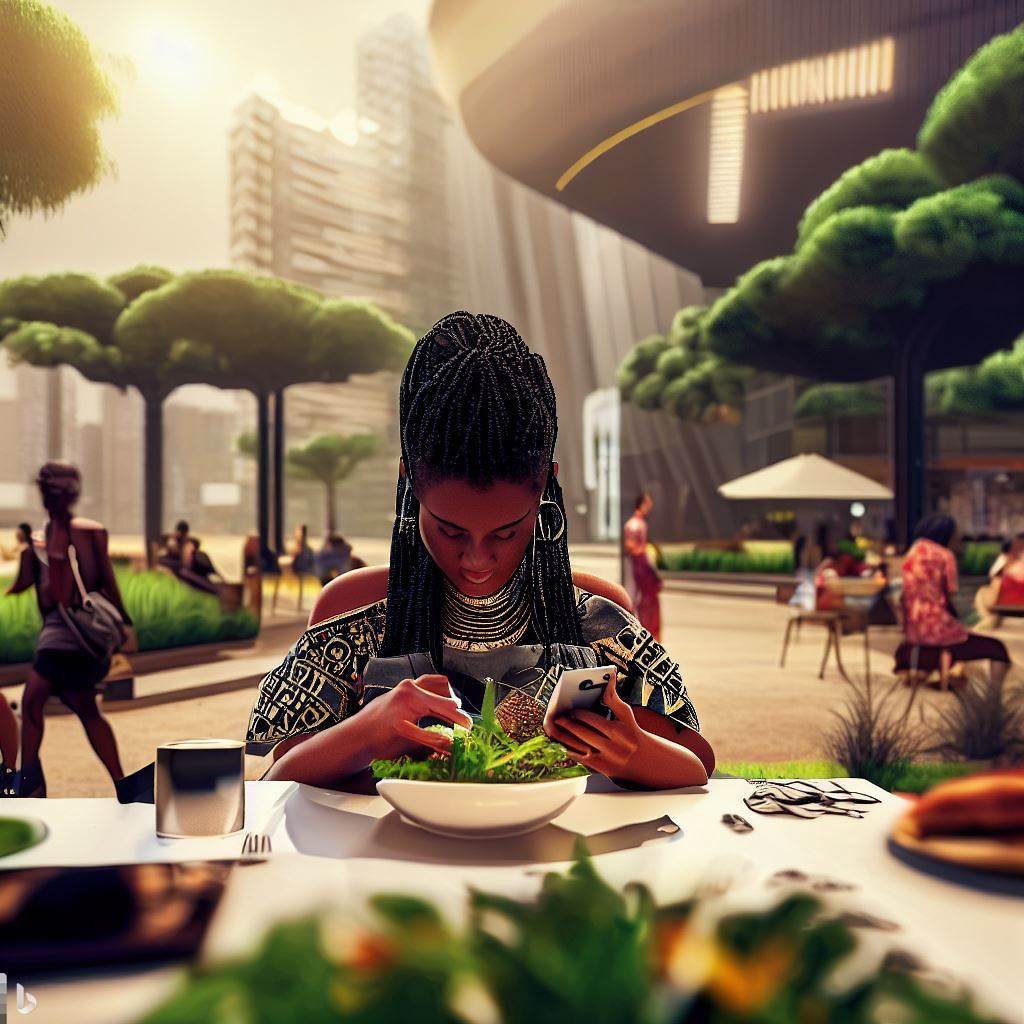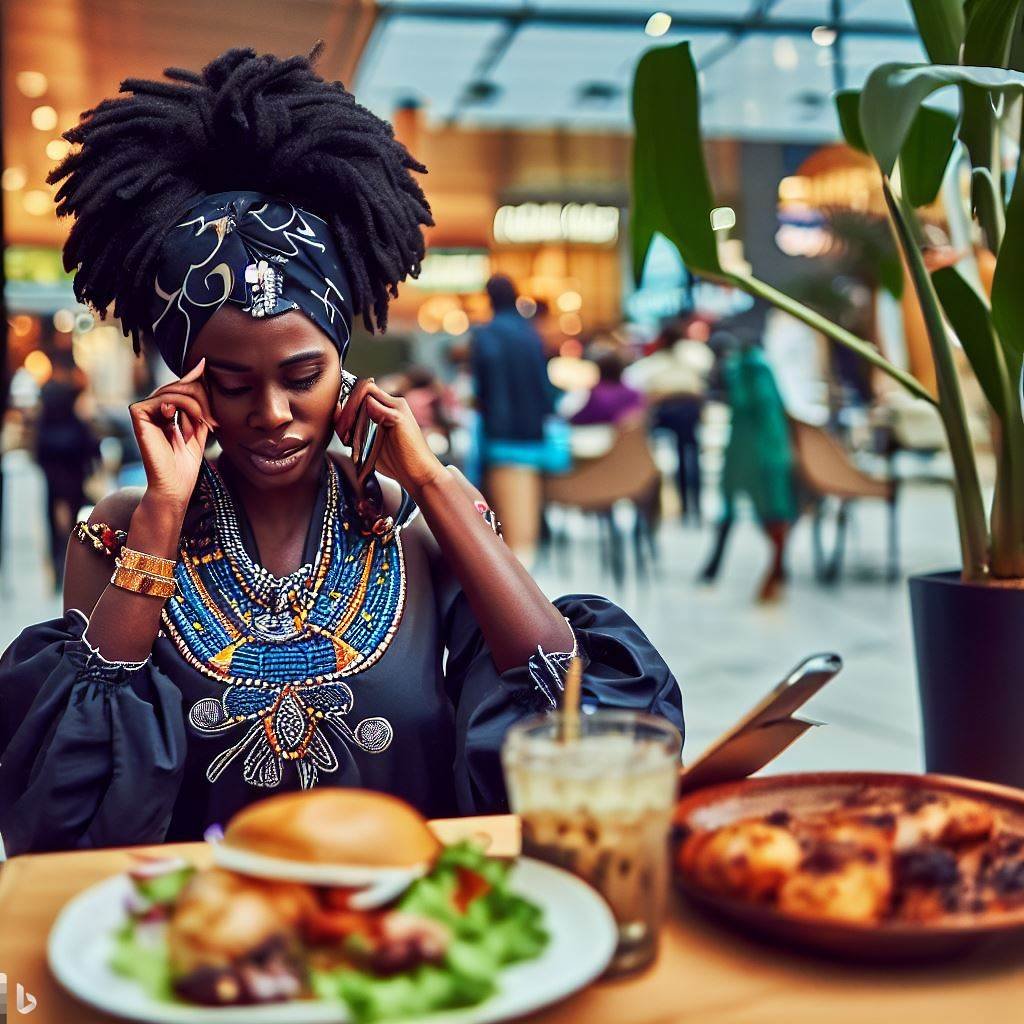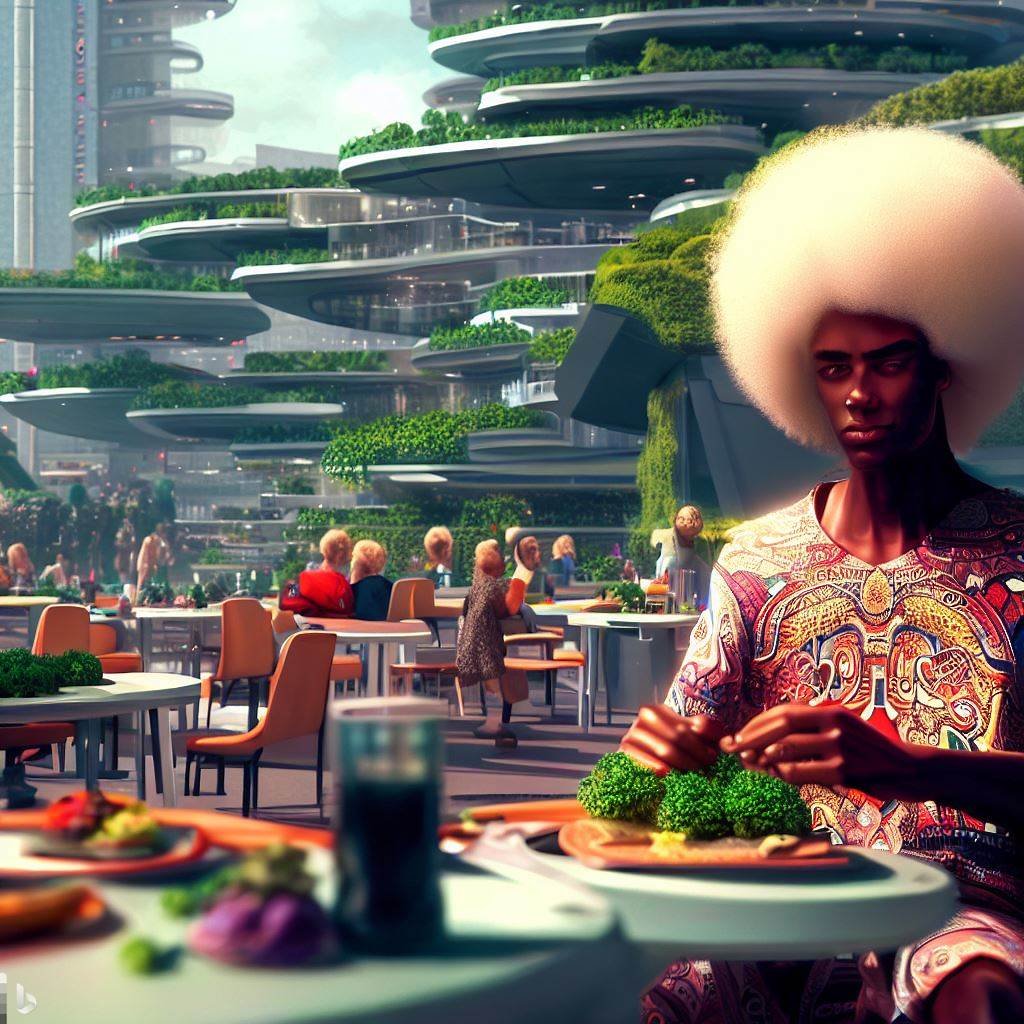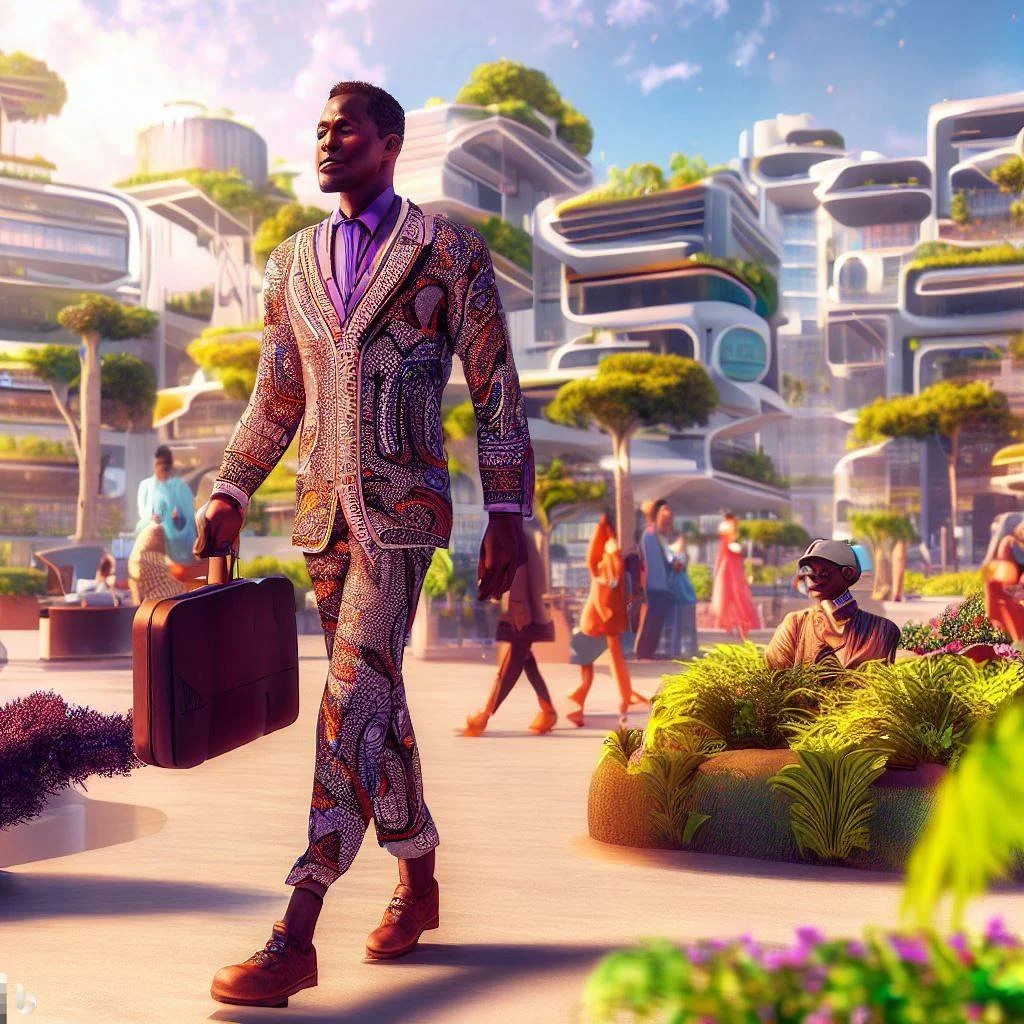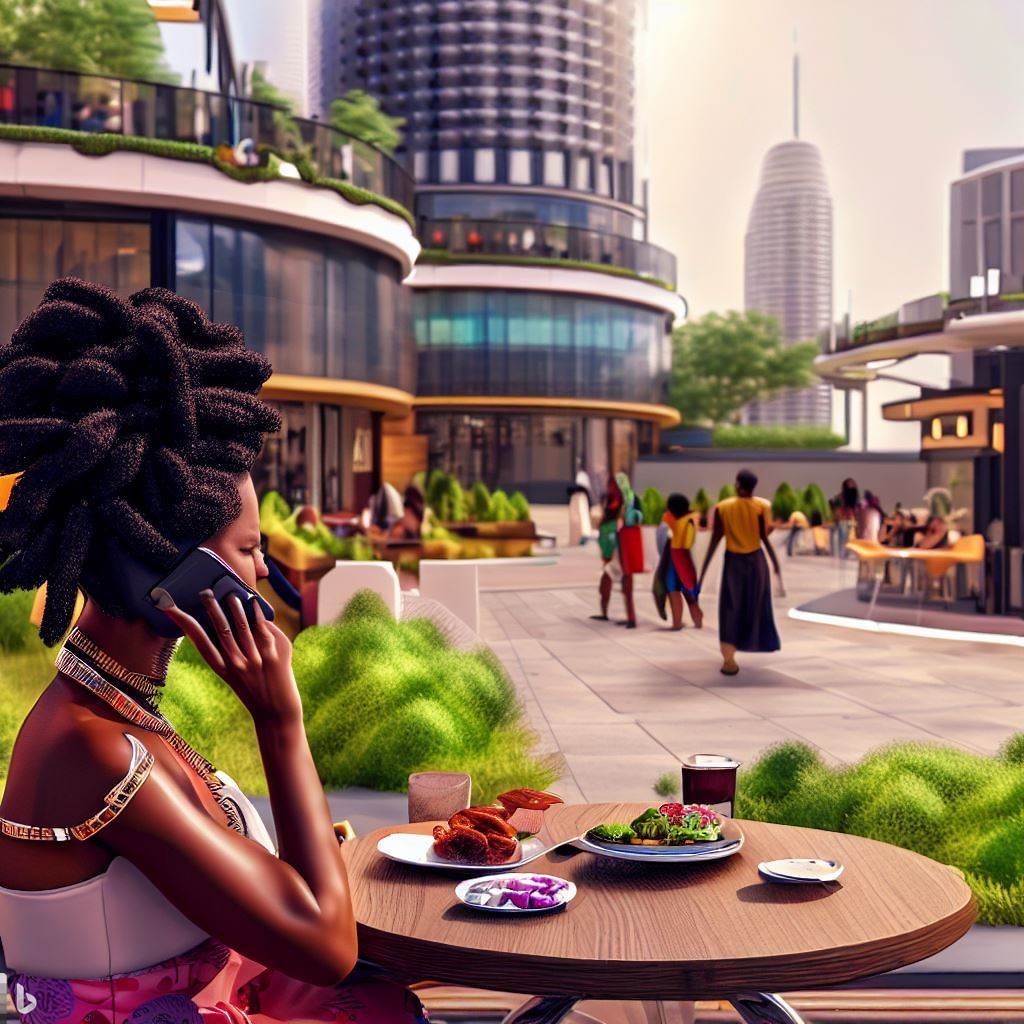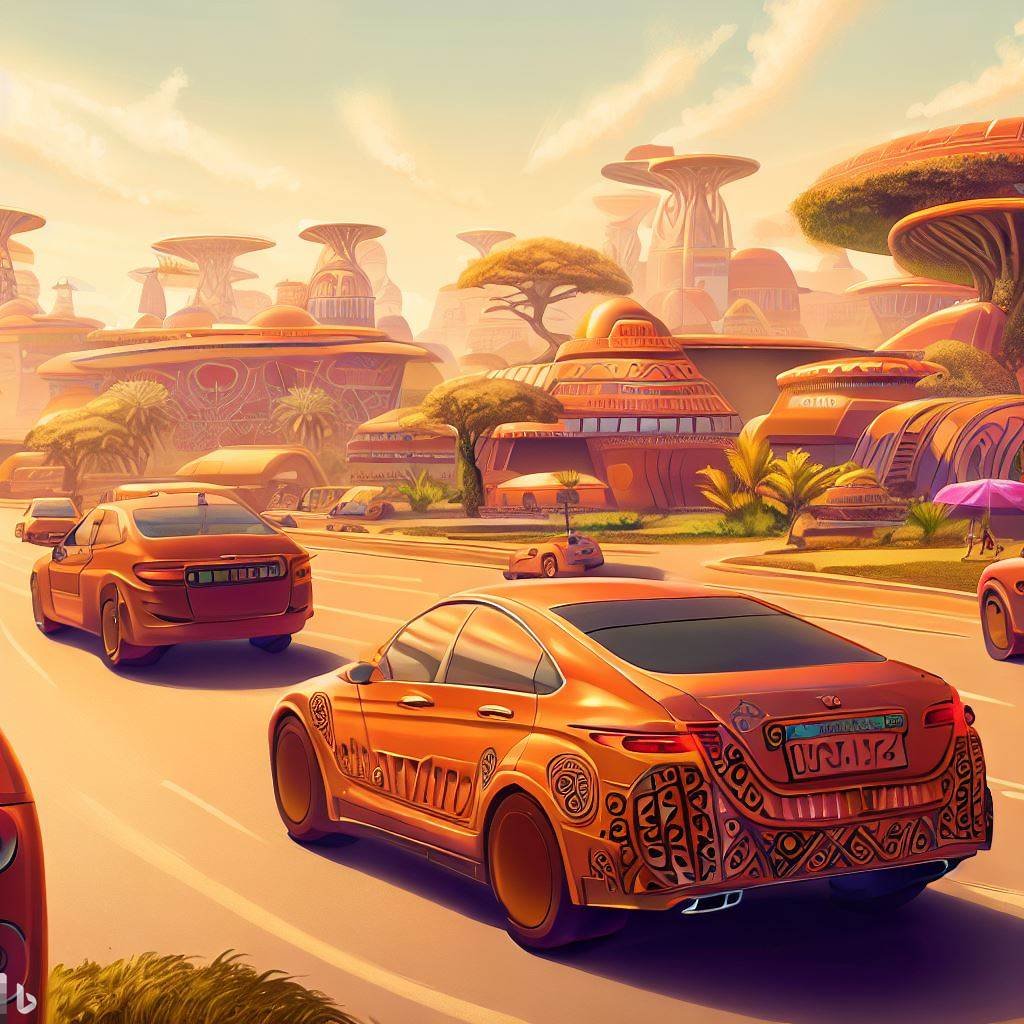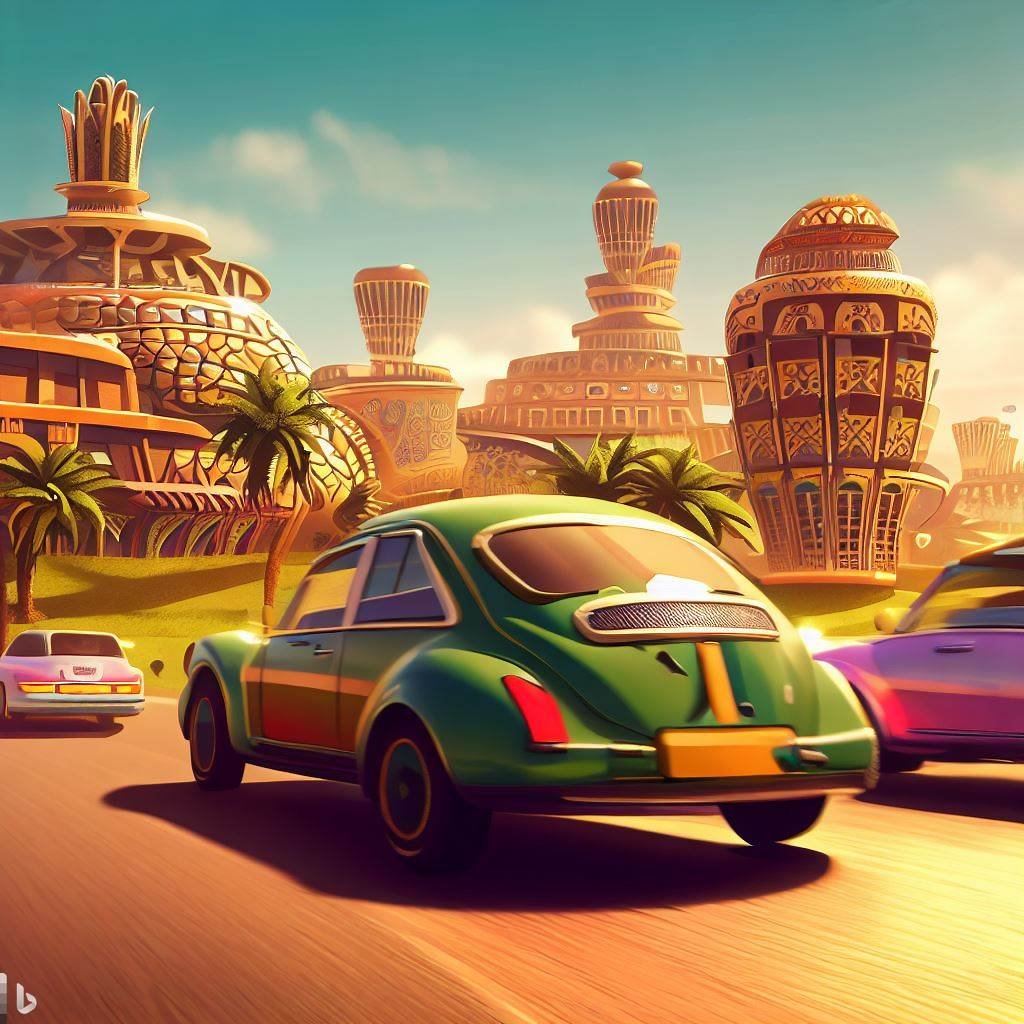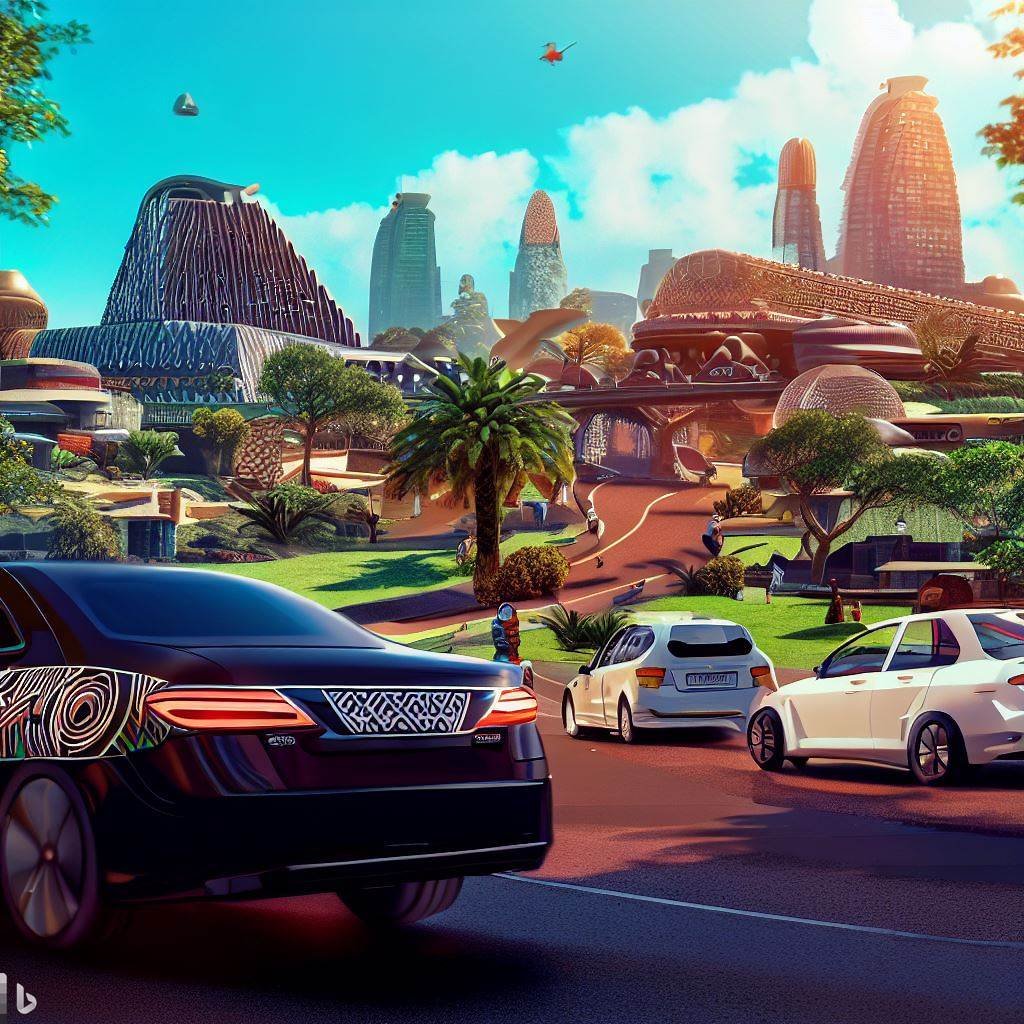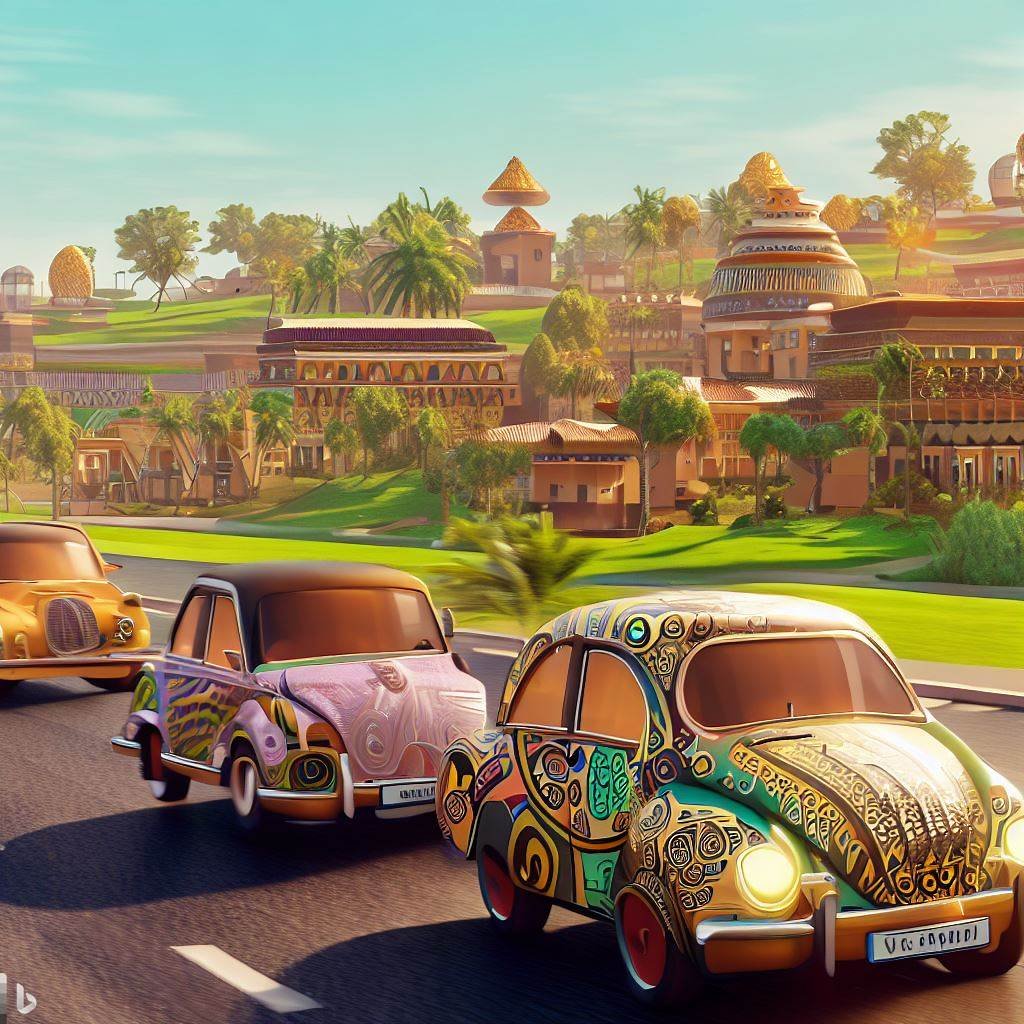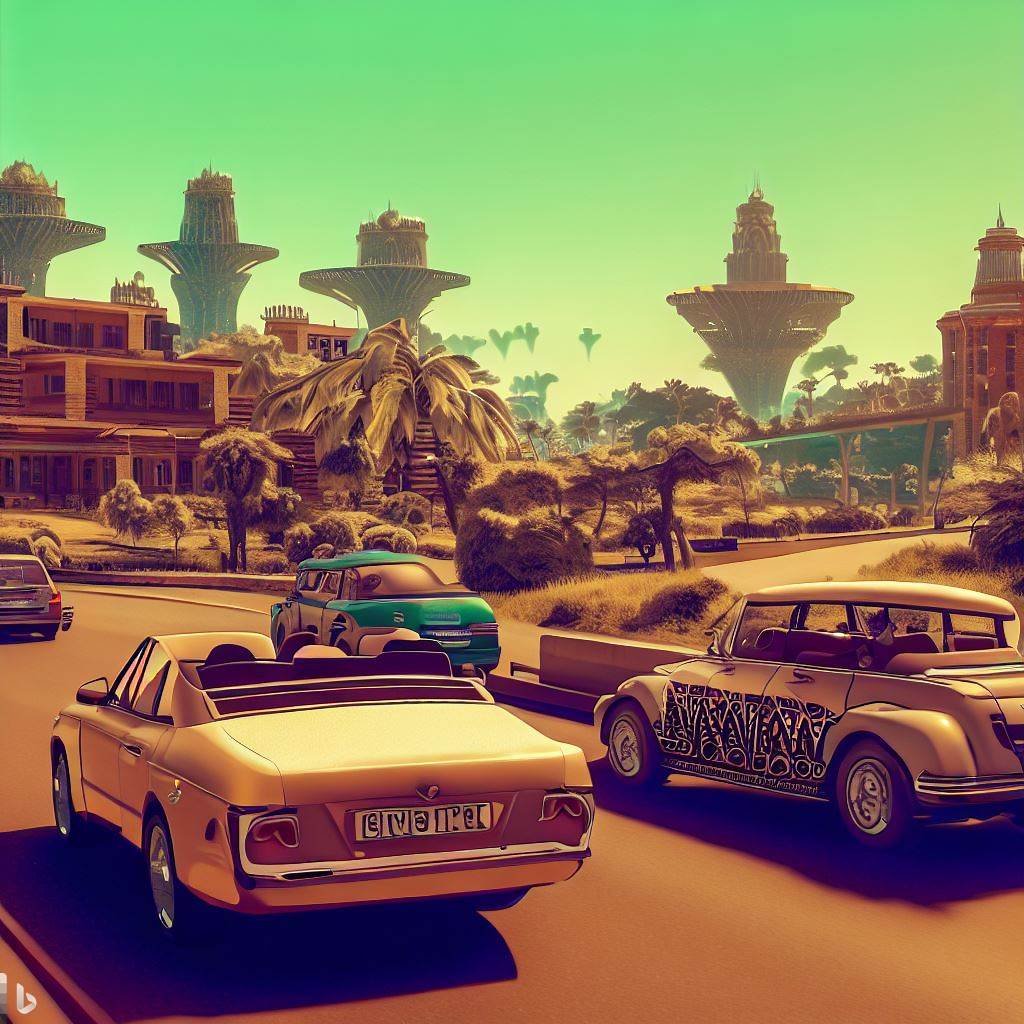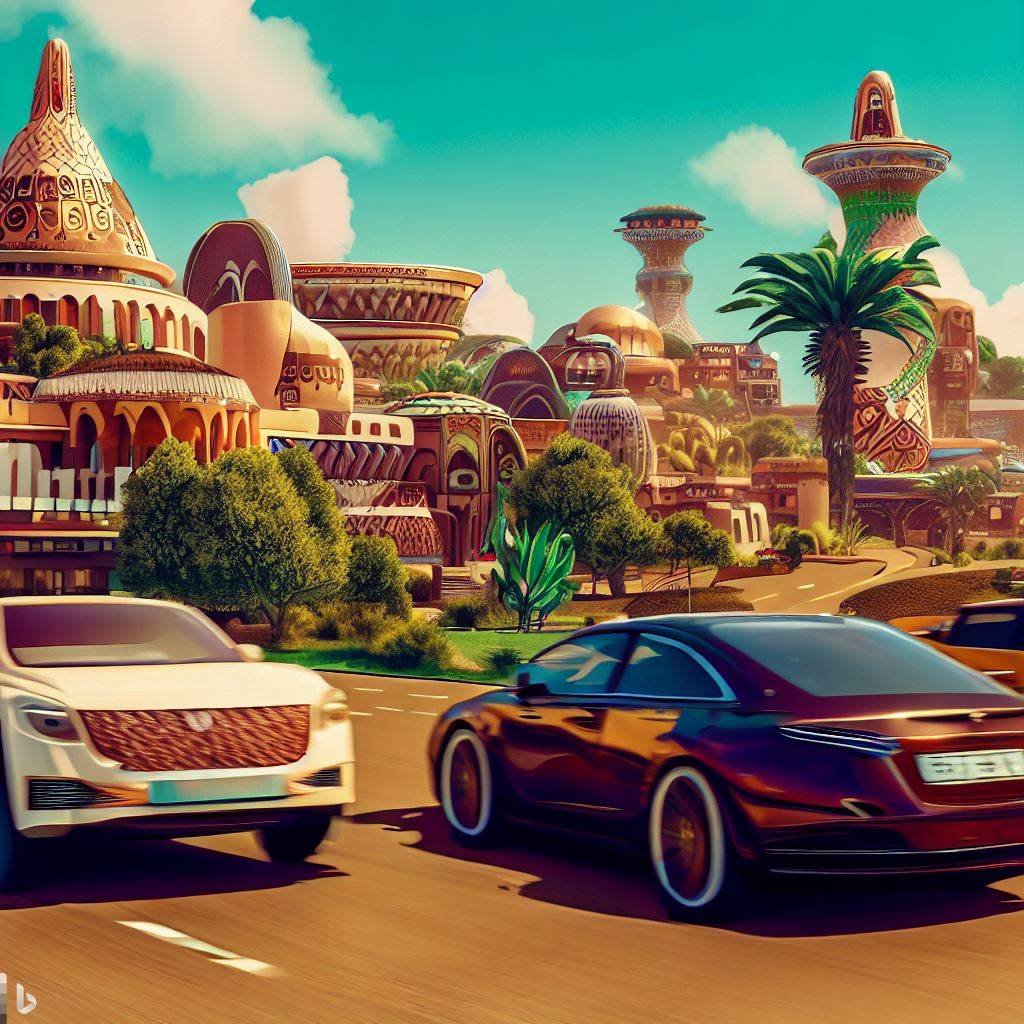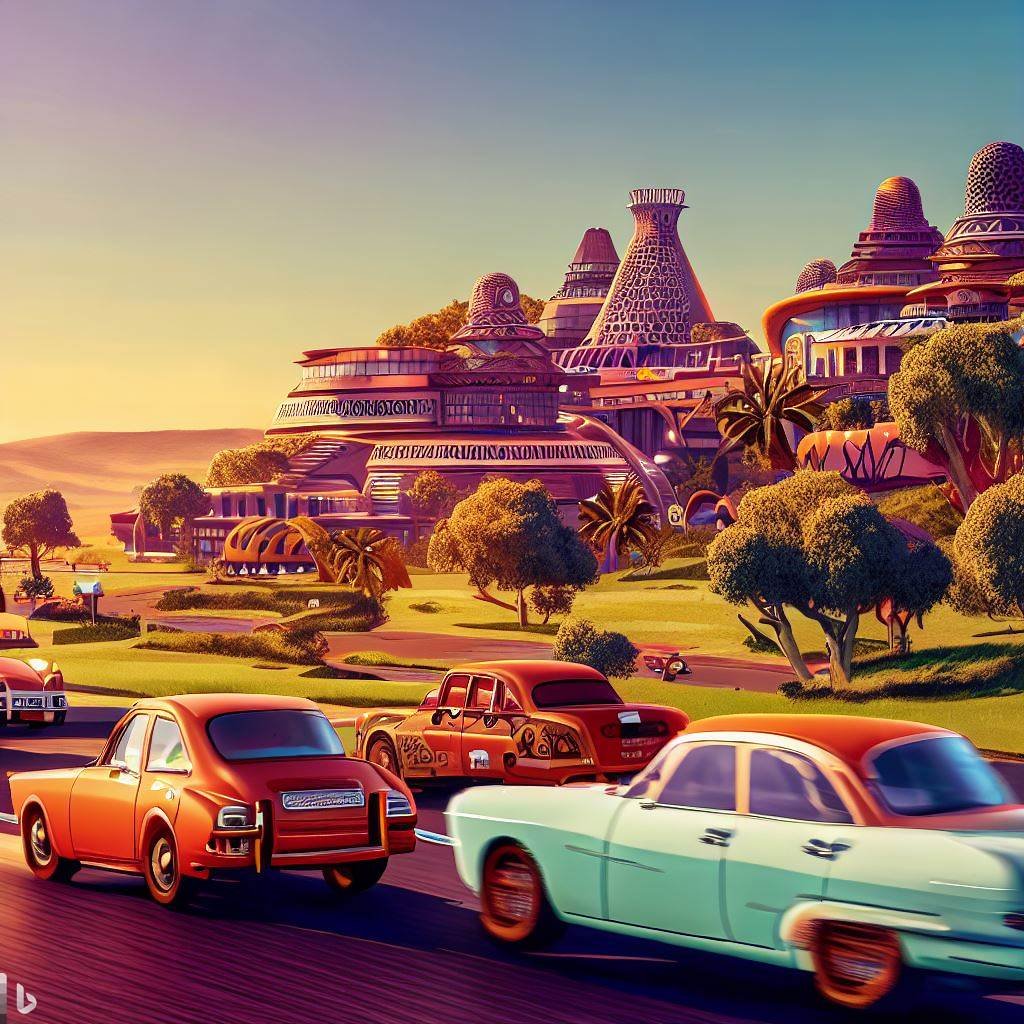
Cities
What could Africa look like without the legacies of colonialism?
We all watched Black Panther…
Remember the thrill? The pensive looks as you entered the theatre to watch the Marvel cinematic world come to life before your eyes? It was an unforgettable moment, especially for those of African descent, as we witnessed the rise of Black Panther. In that cinematic masterpiece, Africa's potential and what it could have been without the shadow of colonialism were brilliantly showcased. The film celebrated our strengths while shedding light on the complexities and challenges we face as a continent.
Through the character of T'Challa, brilliantly portrayed by the late Chadwick Boseman, we saw a reflection of the noble qualities of leaders like Nelson Mandela. T'Challa symbolized the hope and inspiration that can arise from the depths of our history and heritage. And then there was Killmonger, a character who represented the struggle of African Americans and the pain of being disconnected from their roots. In his narrative, we saw a parallel to Africa's own journey of progress and adversity.
Taken from Film Quarterly
Taken from Looper.com
Black Panther struck a chord with audiences worldwide, reminding us of the power of representation and the importance of telling diverse stories. The film resonated deeply as it celebrated African culture, from the vibrant traditional attire that adorned many in the theaters, to the recognition of our rich cultural tapestry and diverse identities.
Beyond the cinematic experience, Black Panther served as a cultural phenomenon, igniting conversations about identity, history, and the limitless possibilities for Africa and its people. It reminded us of our collective strength, resilience, and the potential to reshape narratives.
Black Panther wasn't just a film; it was a powerful catalyst that reignited pride, sparked conversations, and inspired a generation. It showcased the beauty, brilliance, and complexities of Africa and its diaspora. As we look back on that significant moment, let it serve as a reminder of the ongoing journey towards reclaiming our narratives, celebrating our heritage, and envisioning a future where Africa shines brightly, untethered by the legacies of the past.
Black Panther left an indelible mark, not only on the Marvel cinematic universe but on our hearts and minds. It was a pivotal moment that empowered us to dream, to embrace our strengths, and to forge a path of unity and progress.

On the other hand, it's important to acknowledge that there are differing perspectives regarding Black Panther's portrayal of Africa, both with and without the influence of colonialism. Not everyone resonated with the film or found it to be an accurate representation of the continent, and that viewpoint is valid. Cinema, in its diversity, allows for a multitude of interpretations and understandings.
The beauty of cinema lies in its ability to spark discussions and provoke varied reactions. It invites us to engage in dialogue, to challenge and question the narratives presented on screen. Each person brings their own unique experiences, cultural backgrounds, and perceptions to the cinematic experience, which leads to a rich tapestry of interpretations.
While some may not agree with the portrayal of Africa in Black Panther, it is essential to remember that films, even ones as culturally significant as this, cannot capture the entirety of a vast and diverse continent in a single narrative. Africa's history, cultures, and experiences are multifaceted, and no single film can encapsulate them all.
By acknowledging diverse perspectives, we foster an environment where conversations can flourish. It is through respectful discussions that we can deepen our understanding, challenge assumptions, and gain insights into different viewpoints. Cinema serves as a catalyst for these conversations, allowing us to appreciate the varied interpretations and enriching our cinematic experiences.
Ultimately, the beauty of art lies in its subjectivity. We can appreciate and celebrate the ability of cinema to evoke emotions, stimulate discussions, and offer differing viewpoints. It is through these diverse perspectives that we continue to explore and appreciate the complexities of the world around us.
So invite all of you to critique this page. I want to hear your thoughts and contributions. I want to know how to improve, what to do and your take.
Before you see the gallery, check out the show below as well, that has a very interesting perspective on Africa and the roles switching between colonist and the colonised. It asks the question …
What if Africa colonised the world instead?
